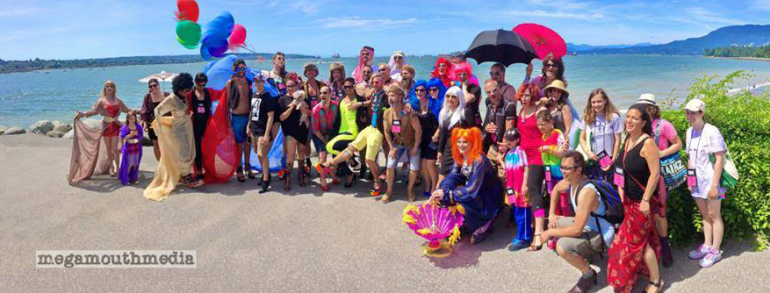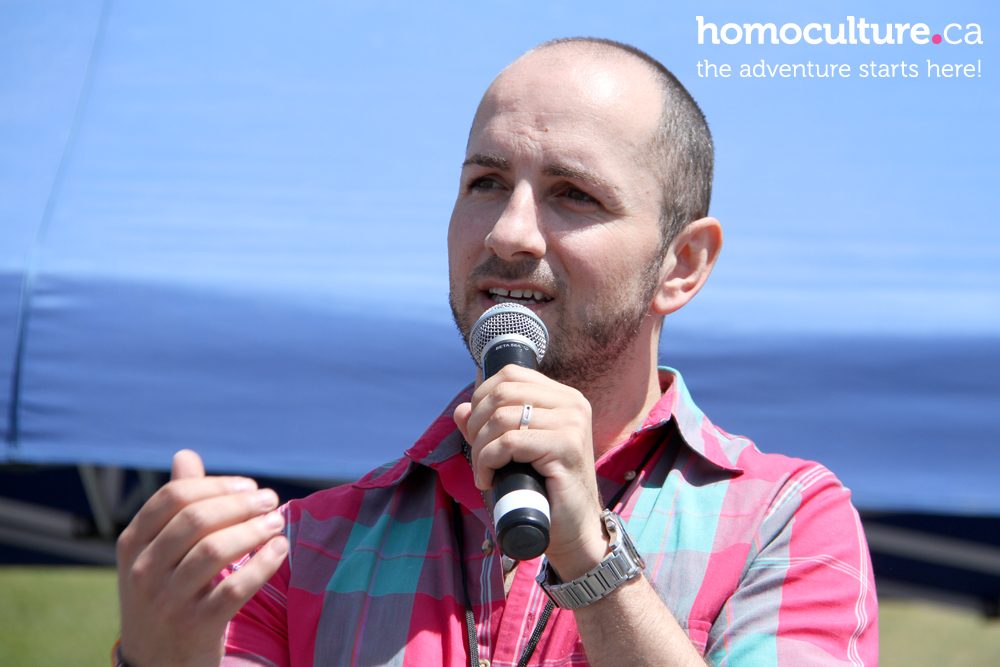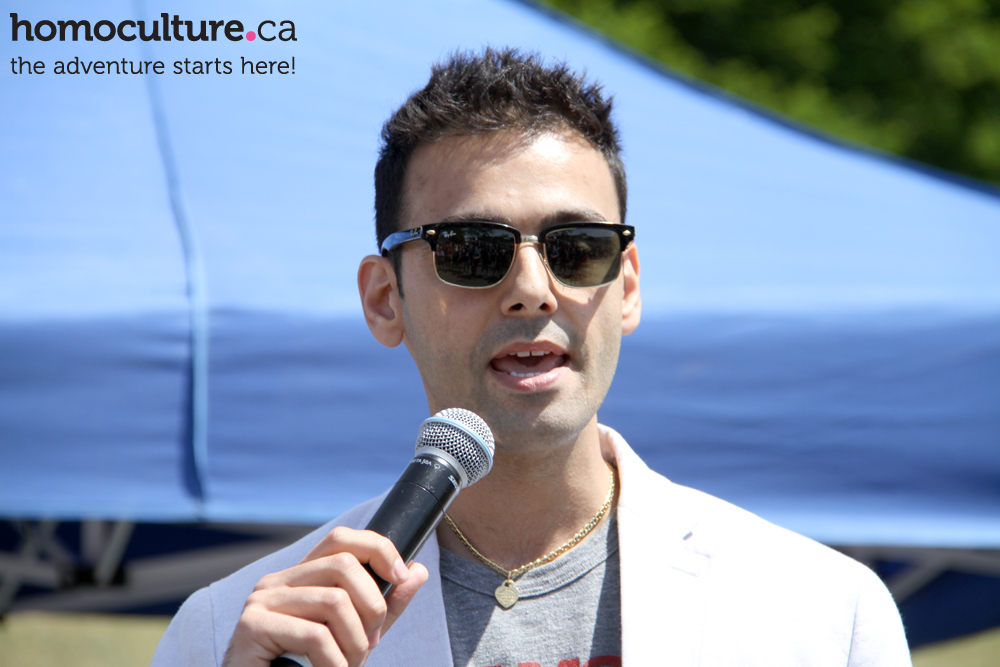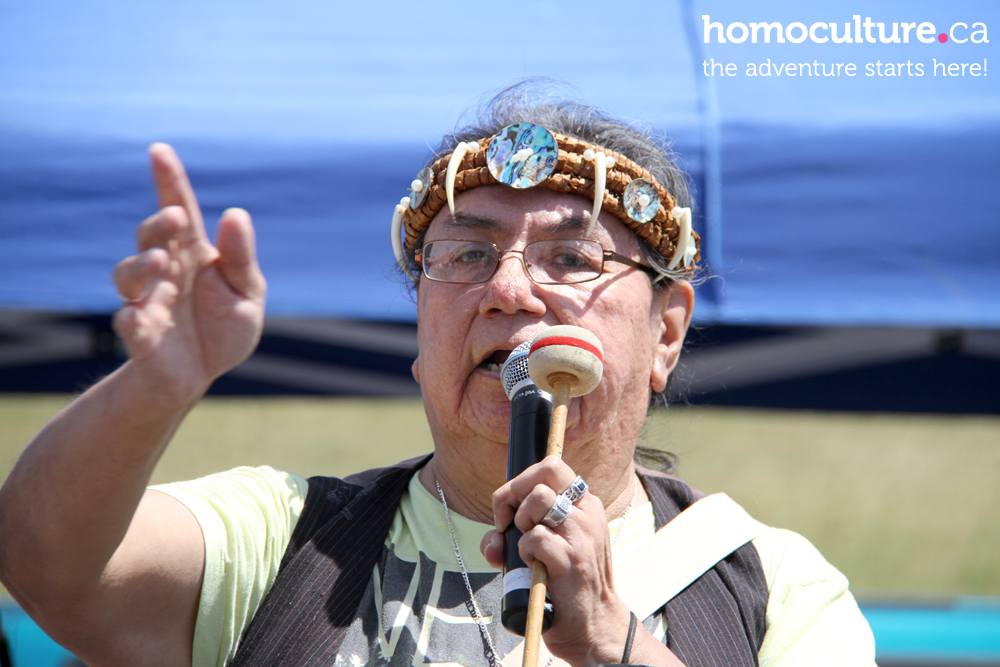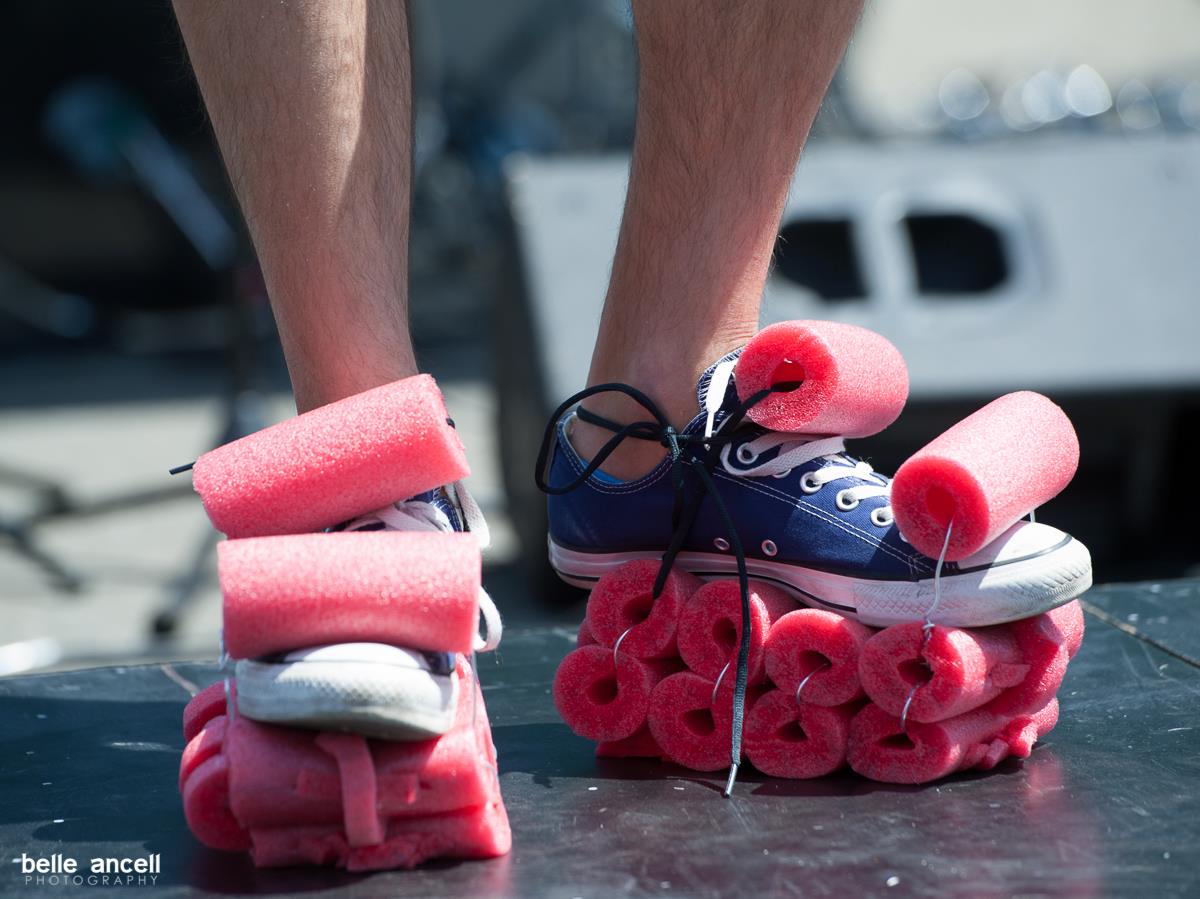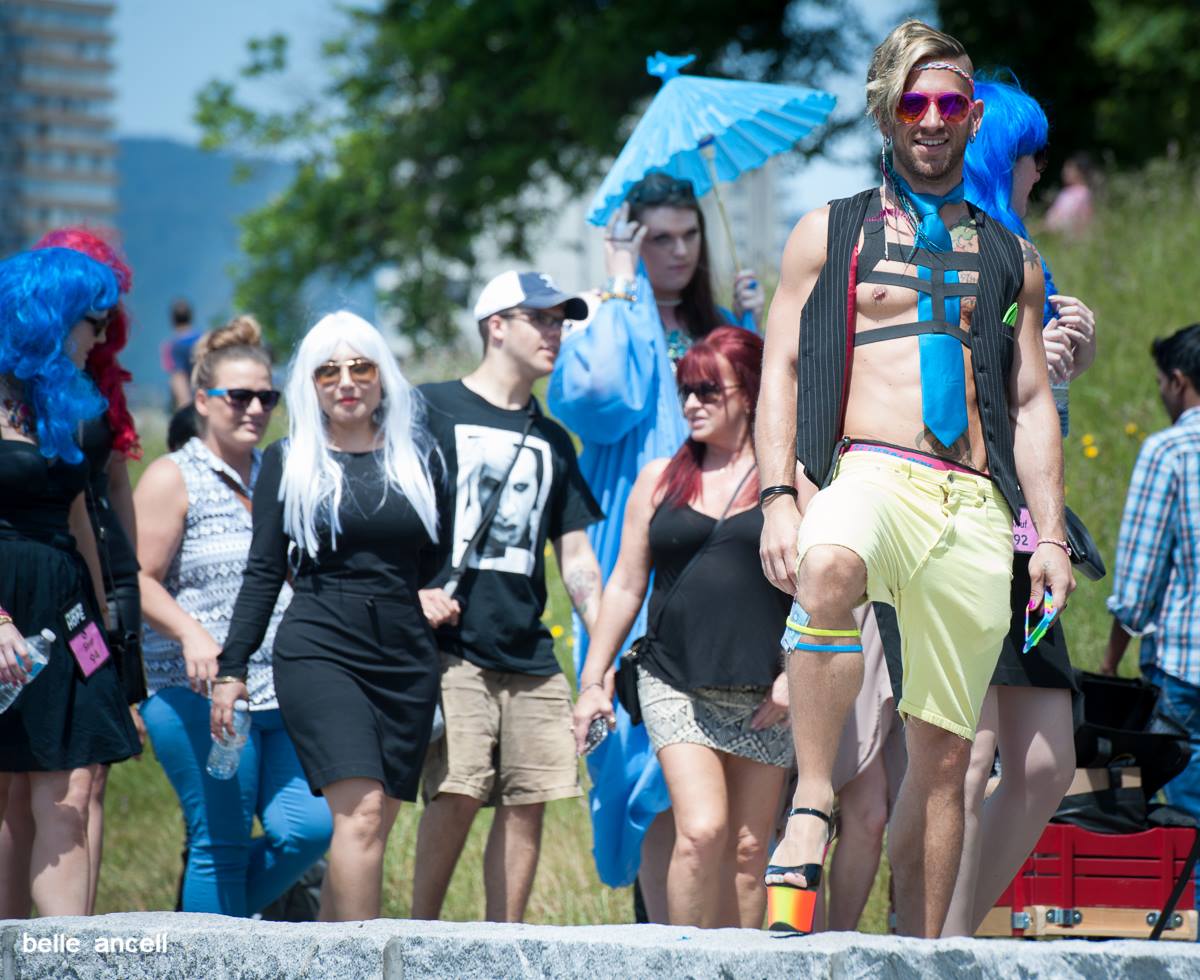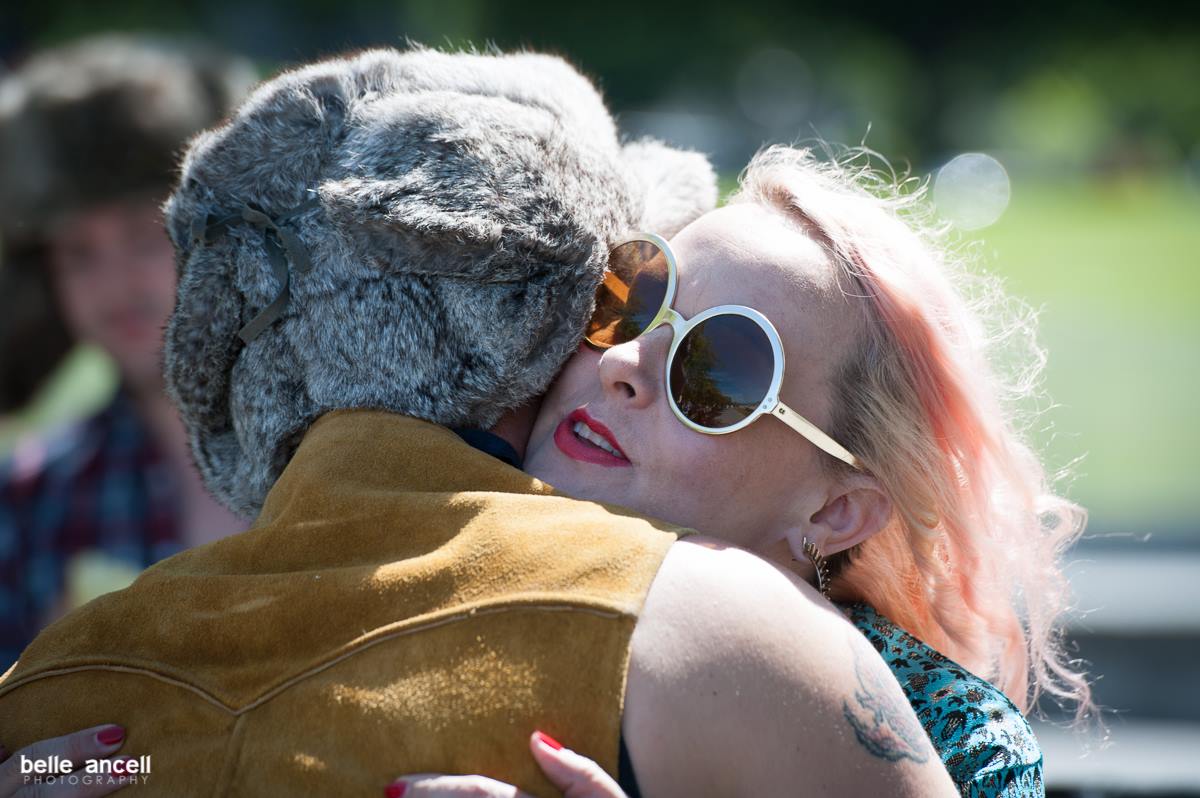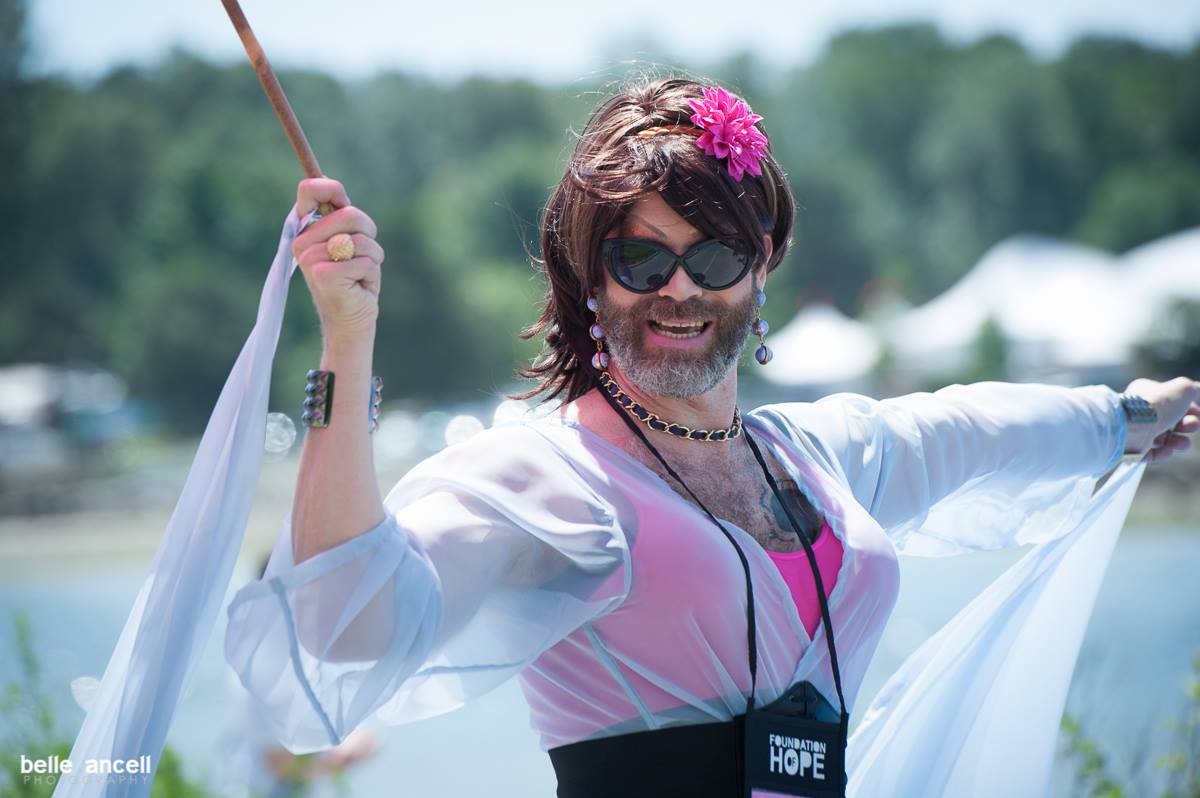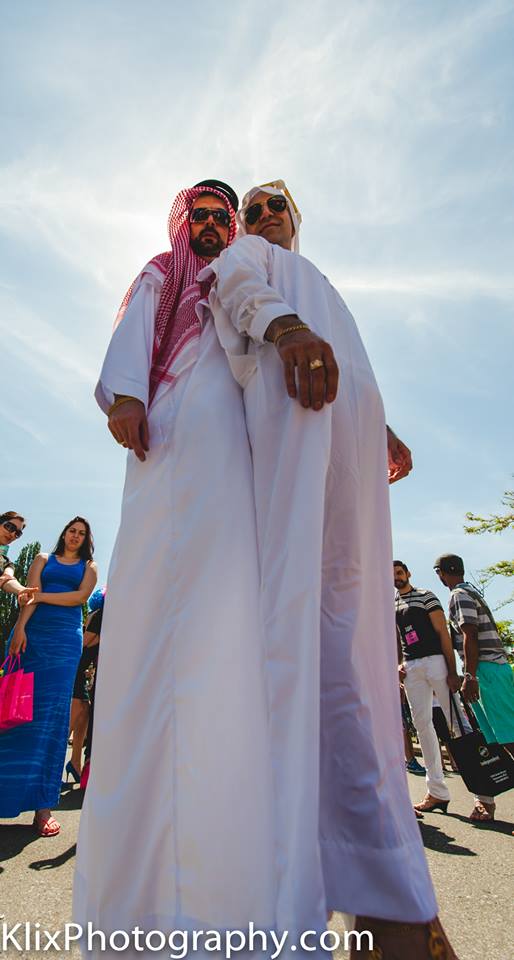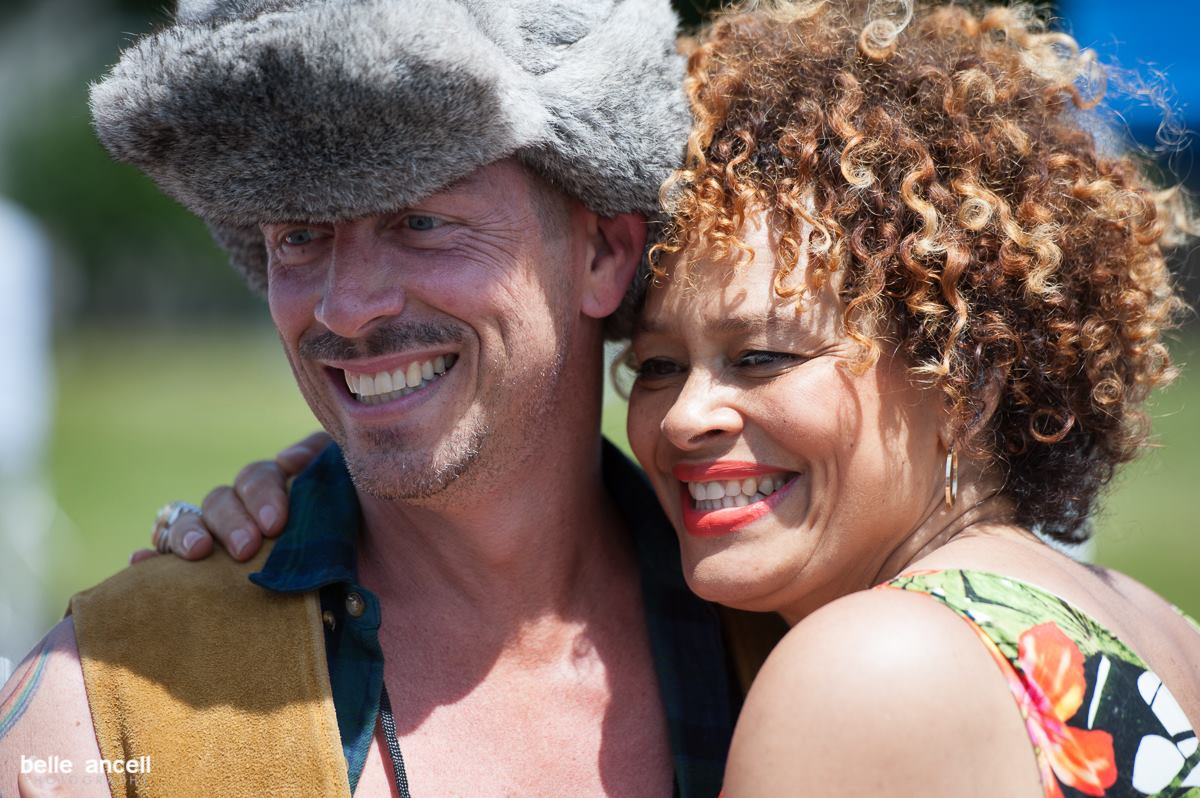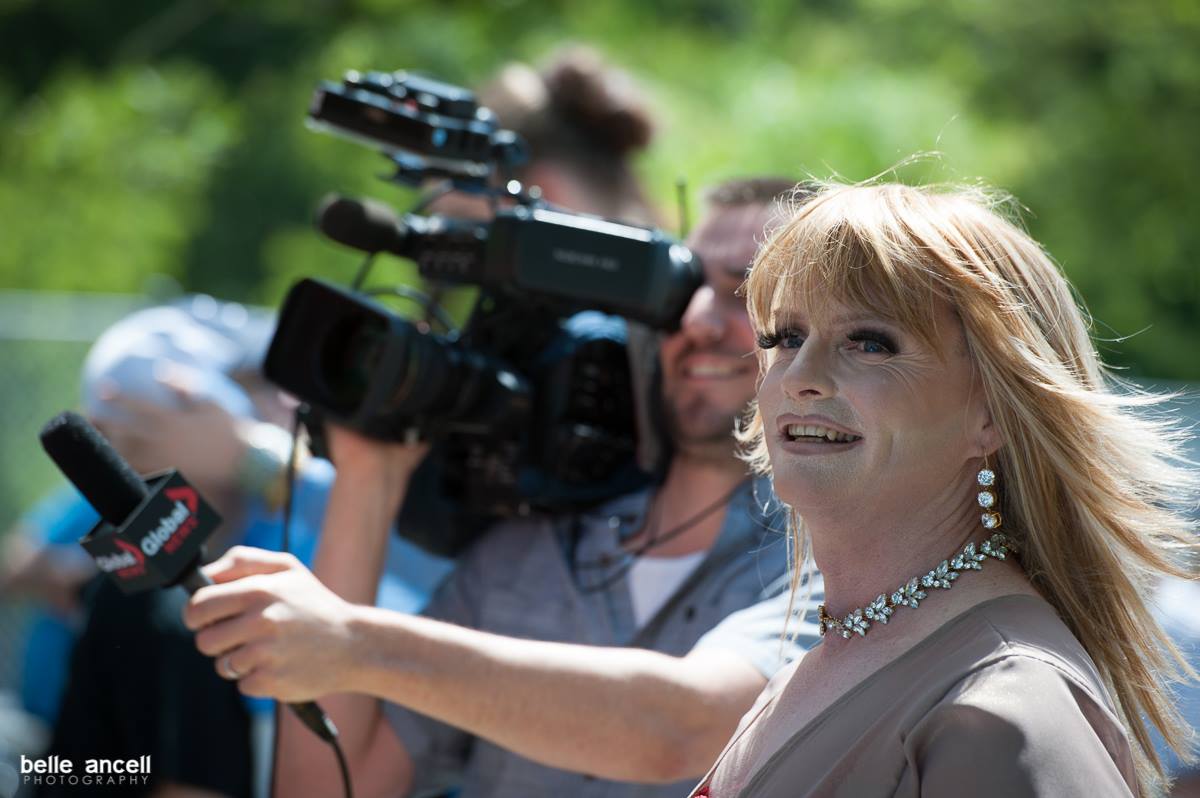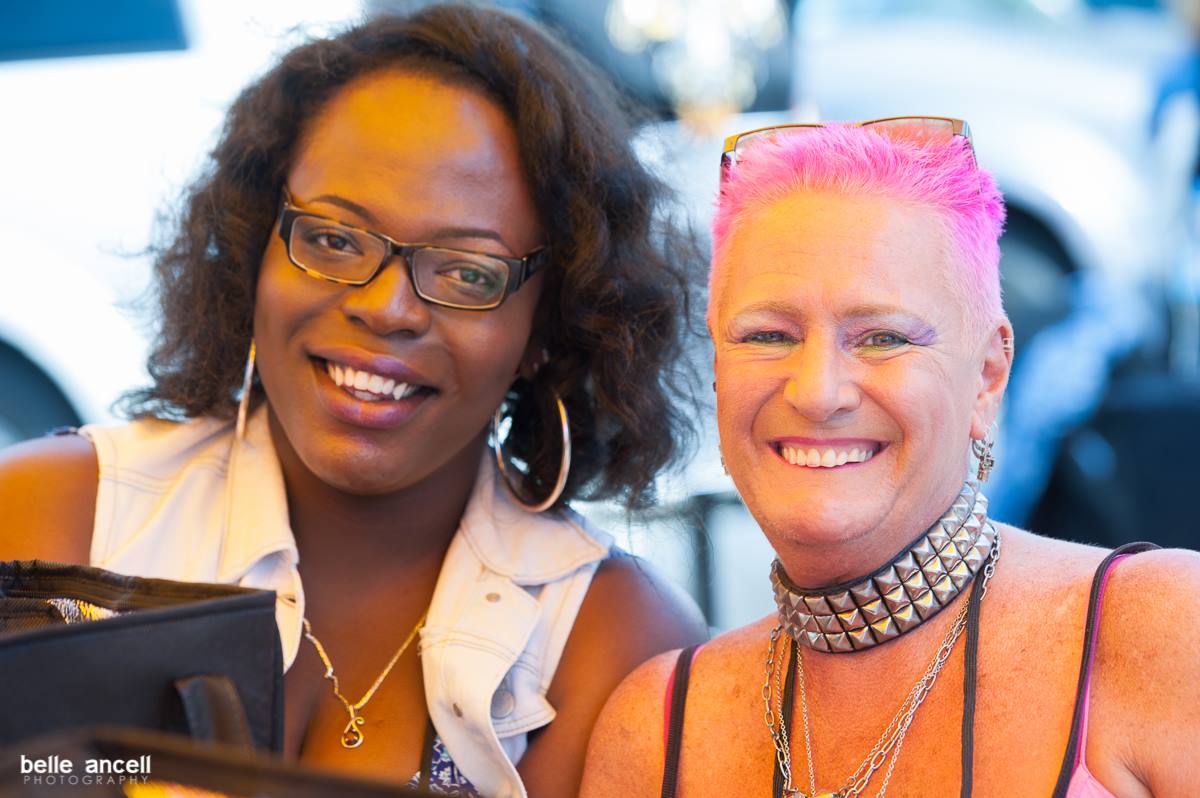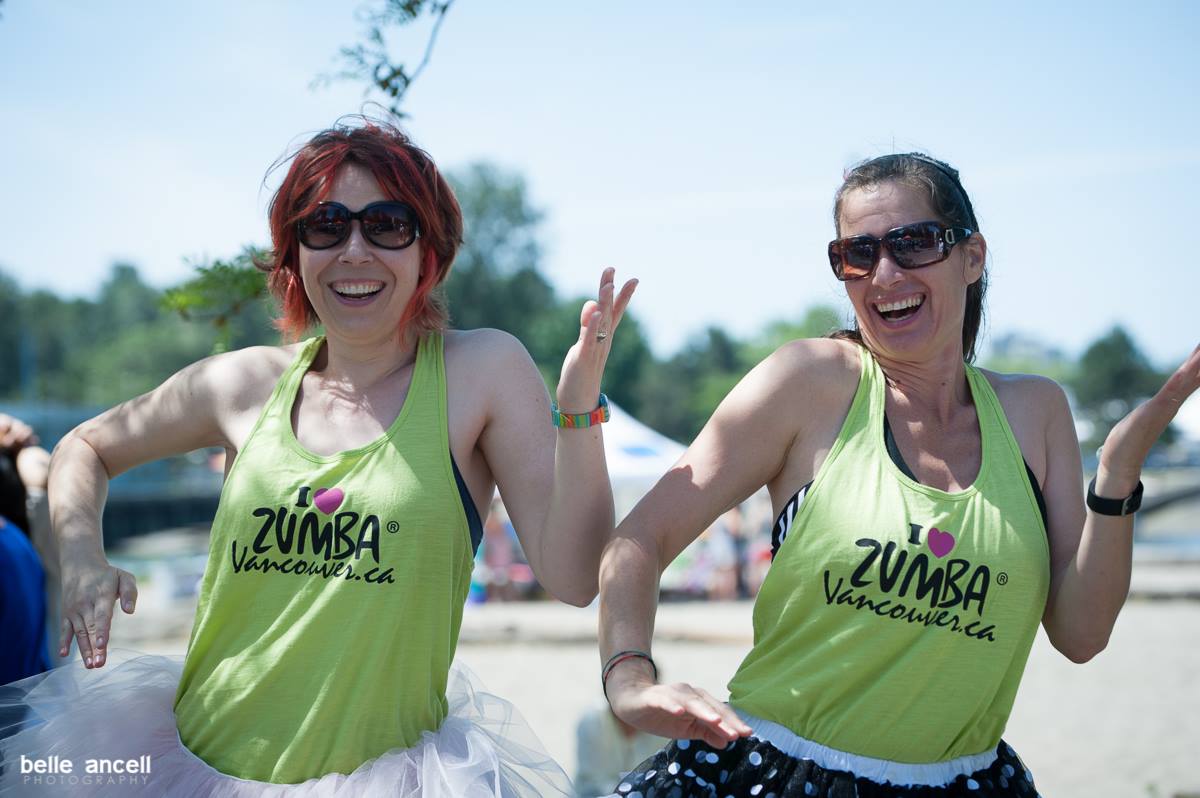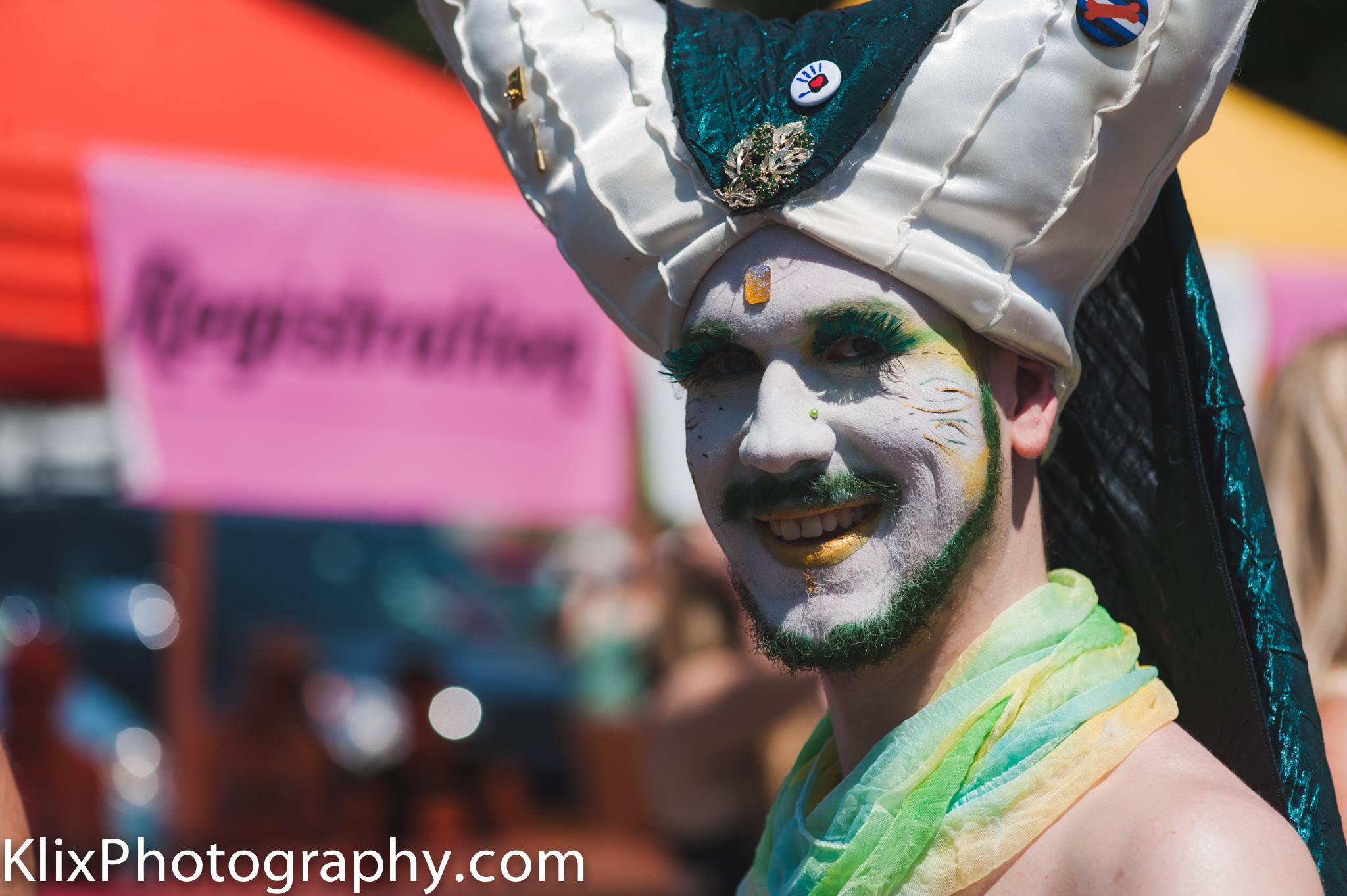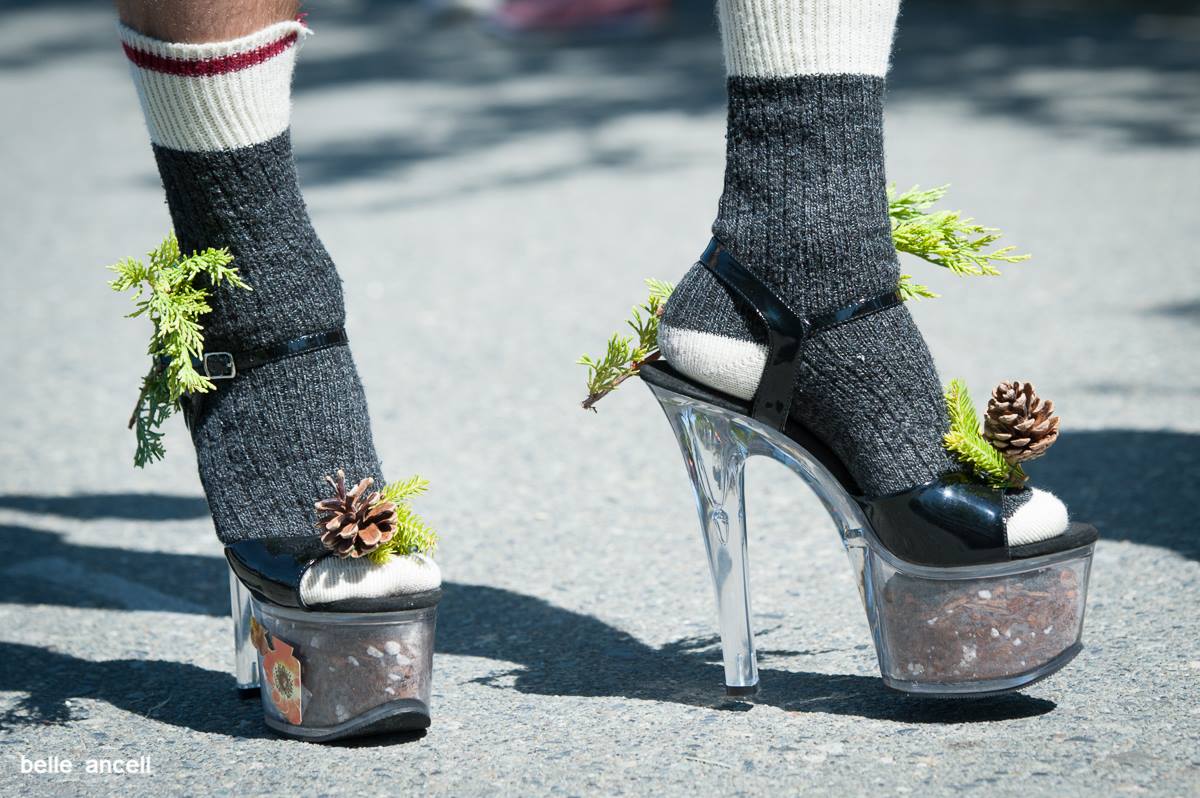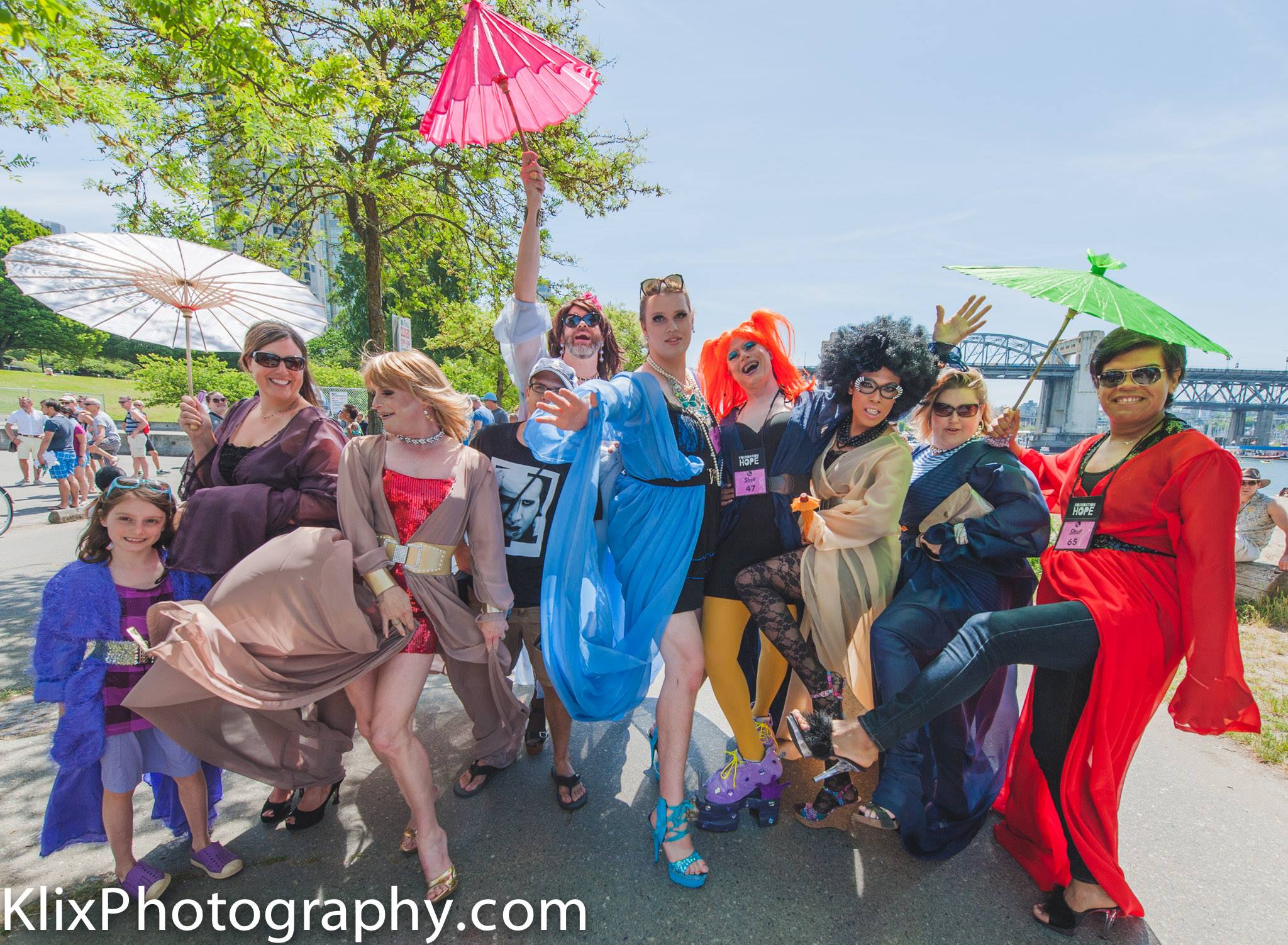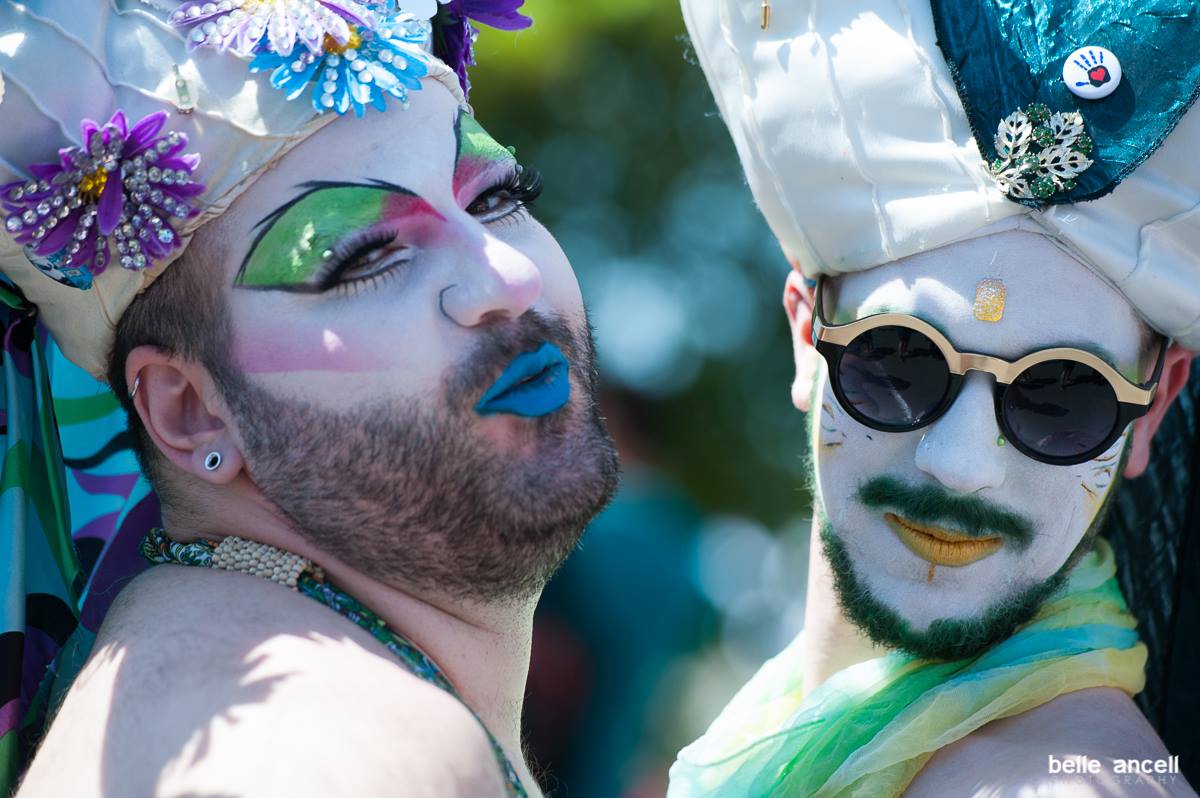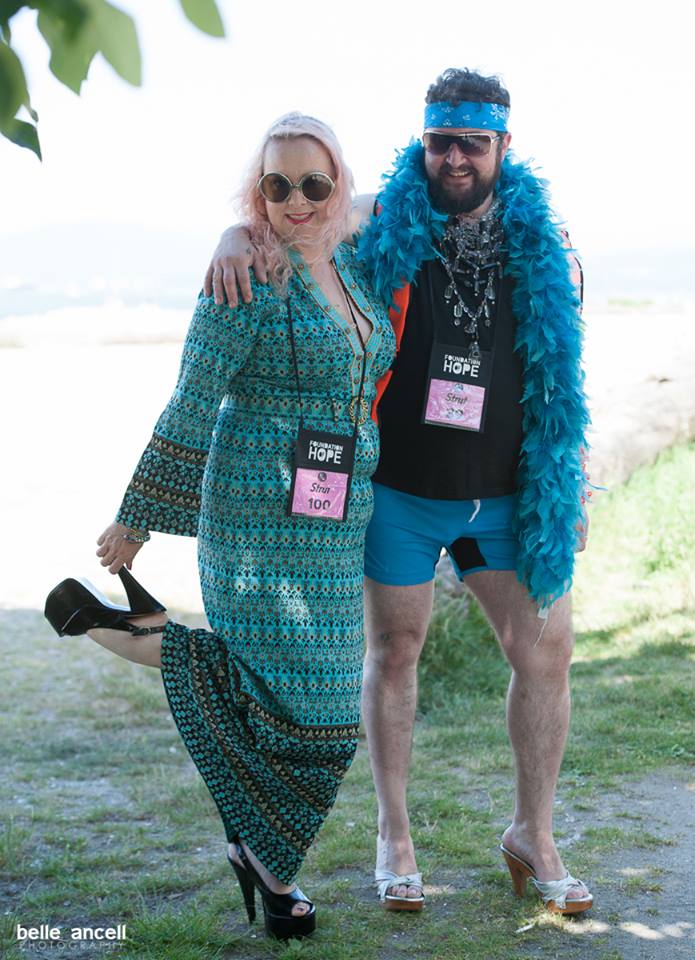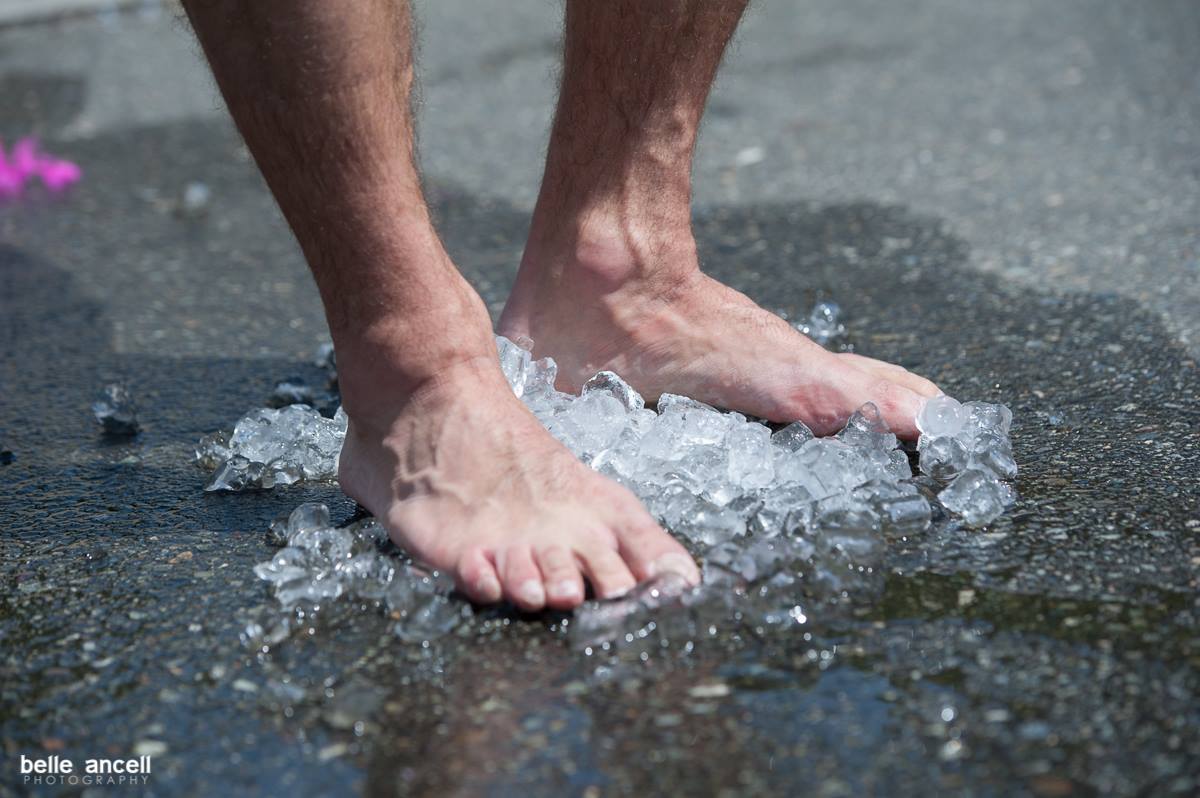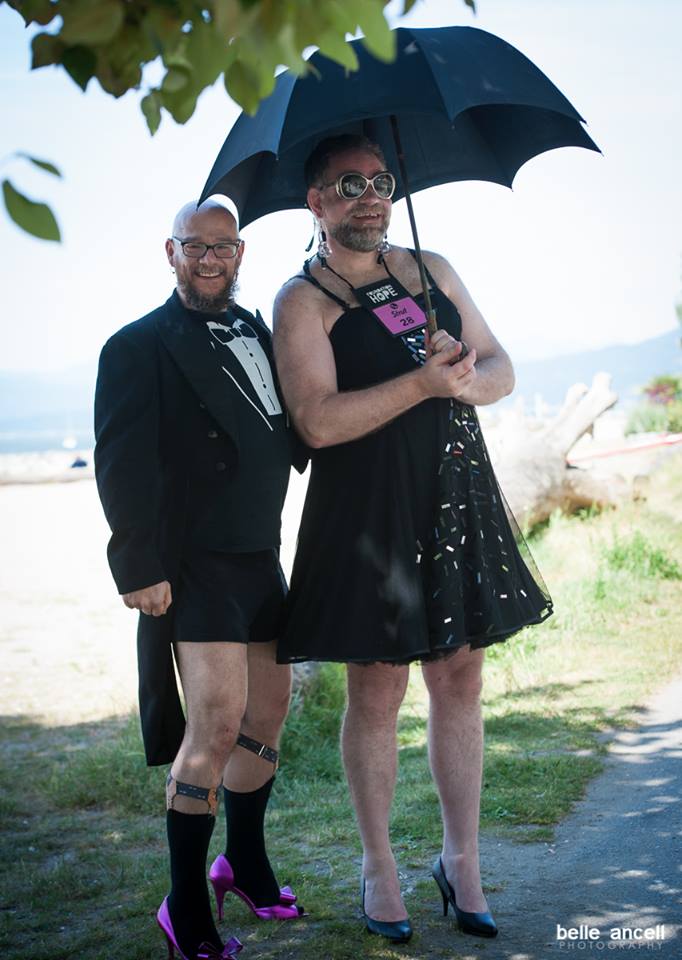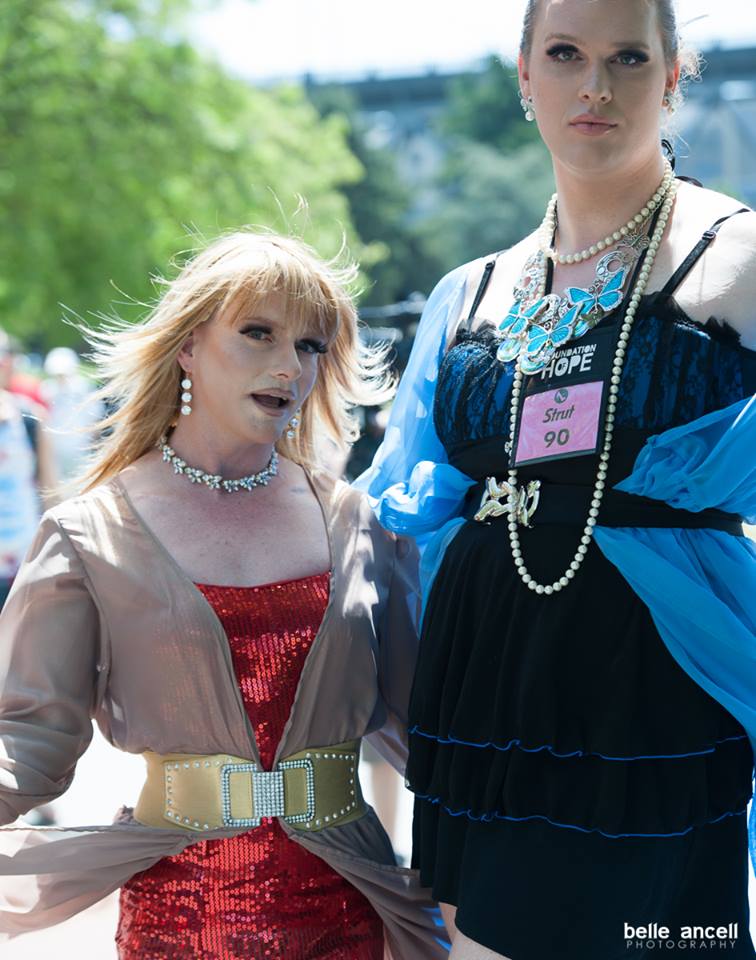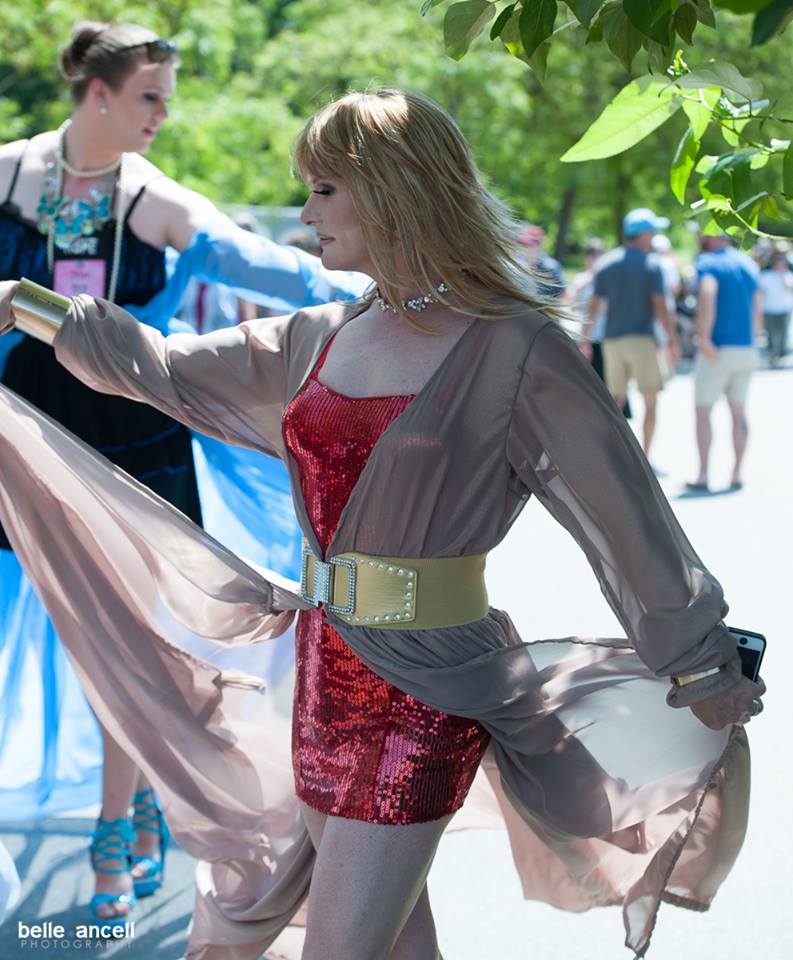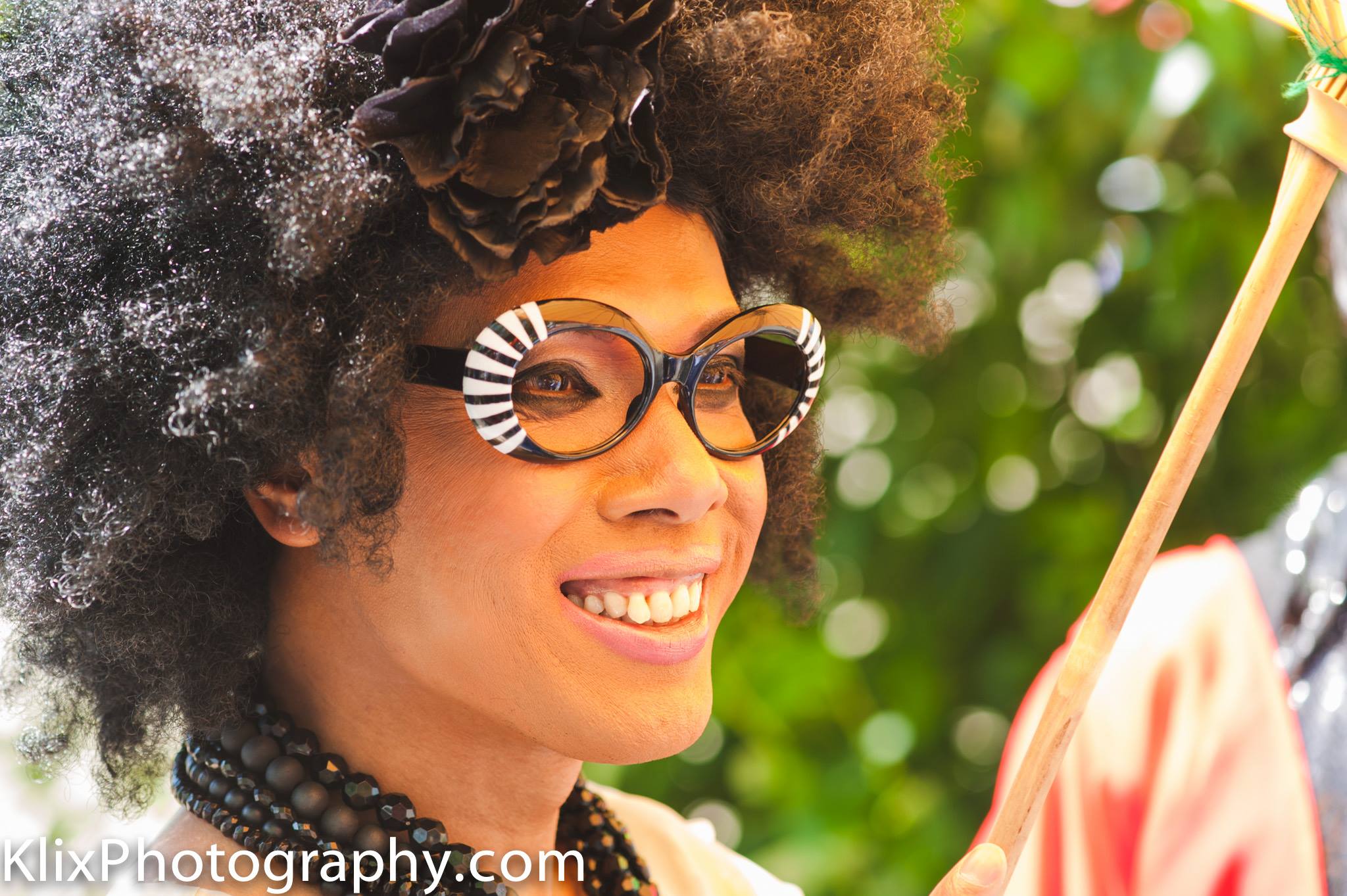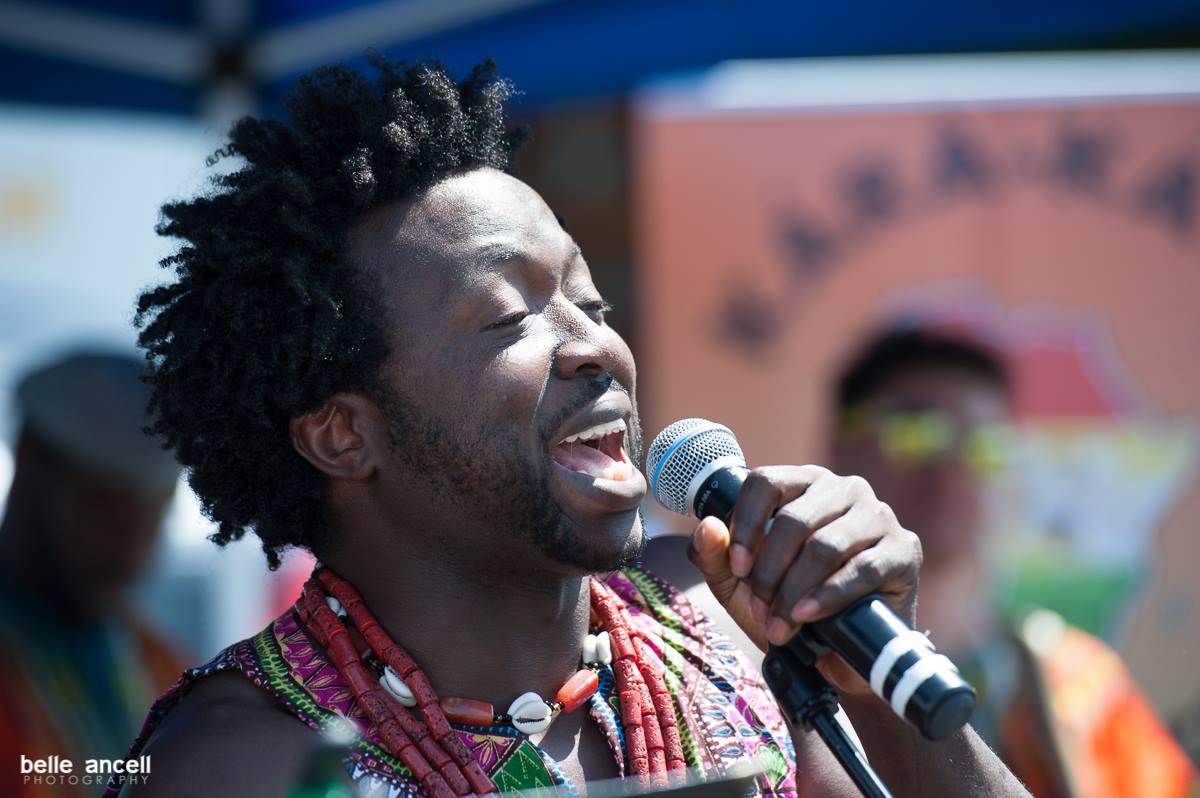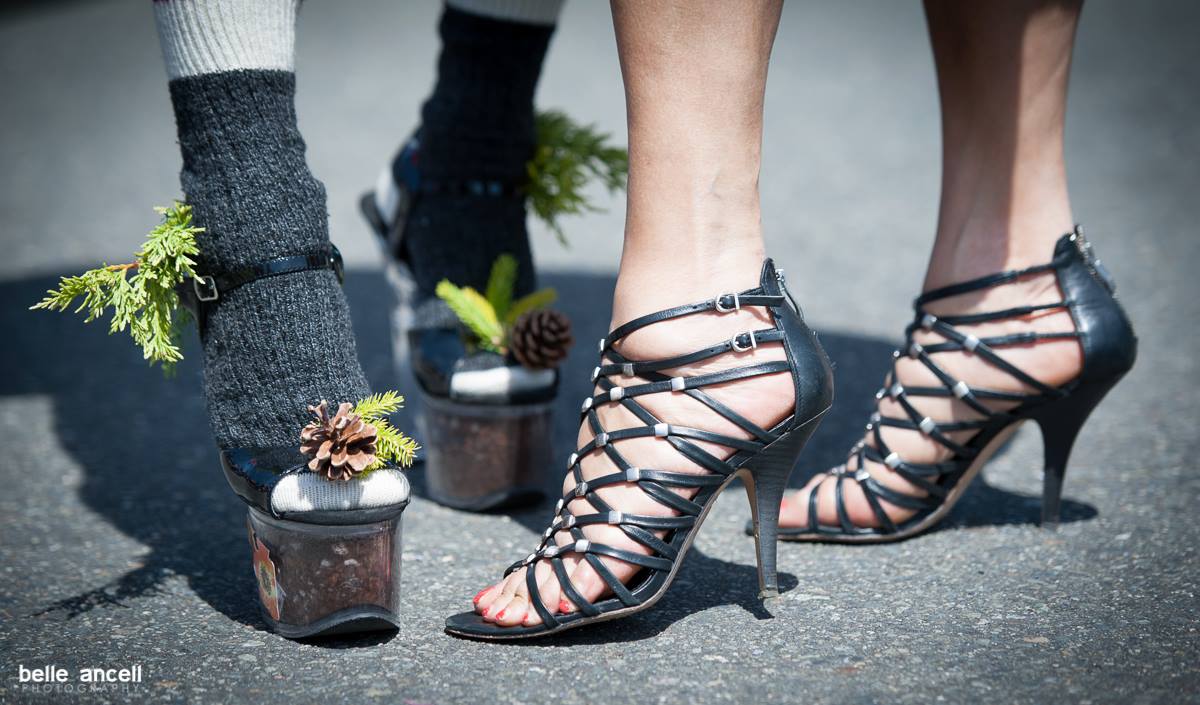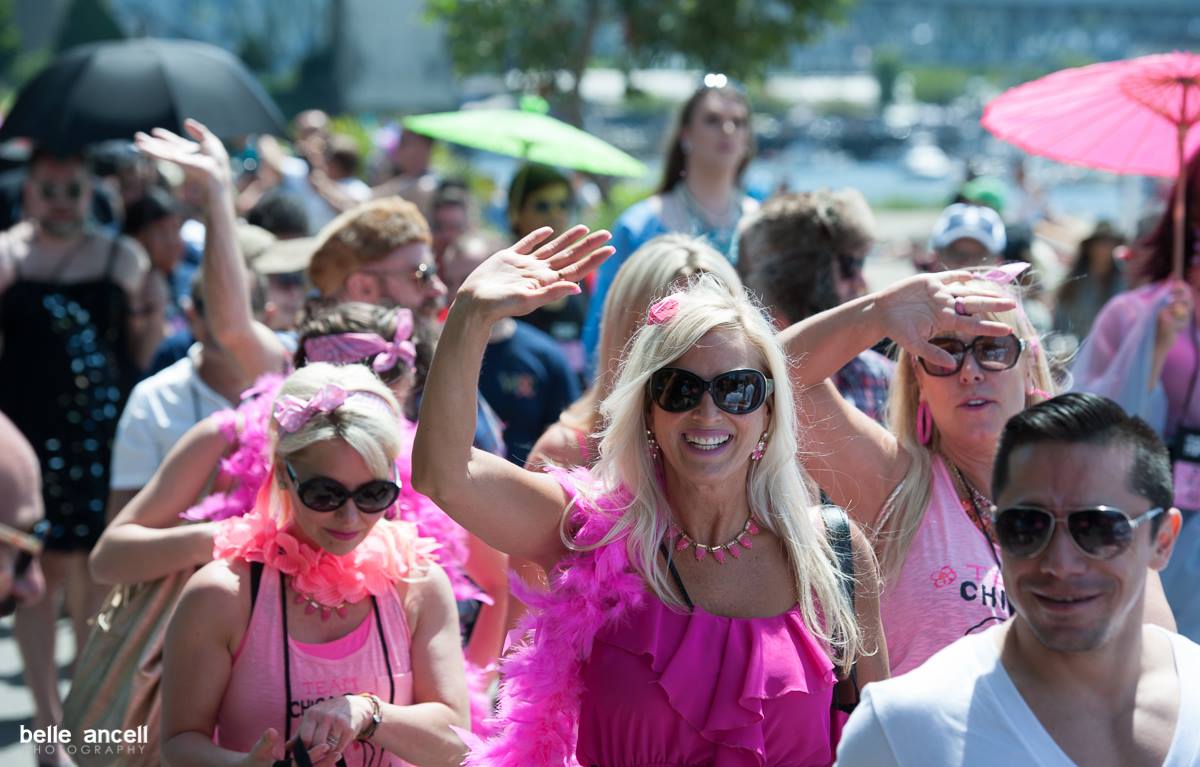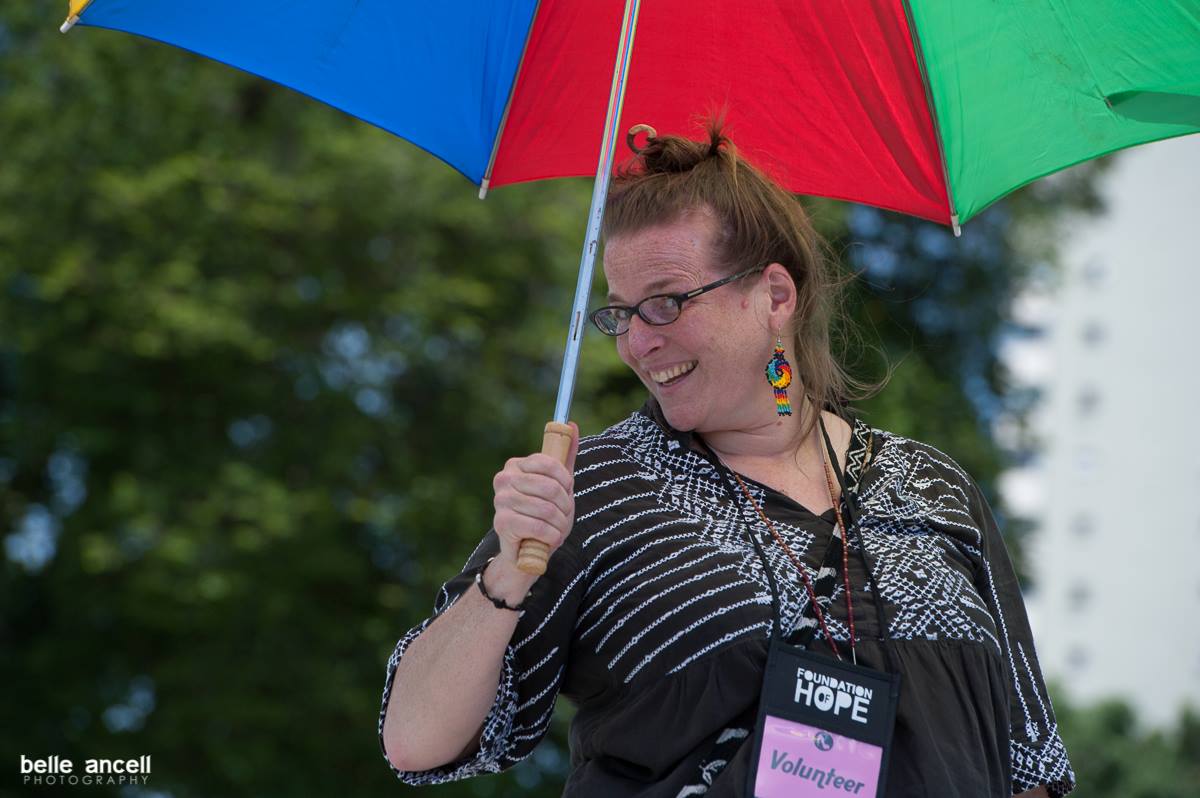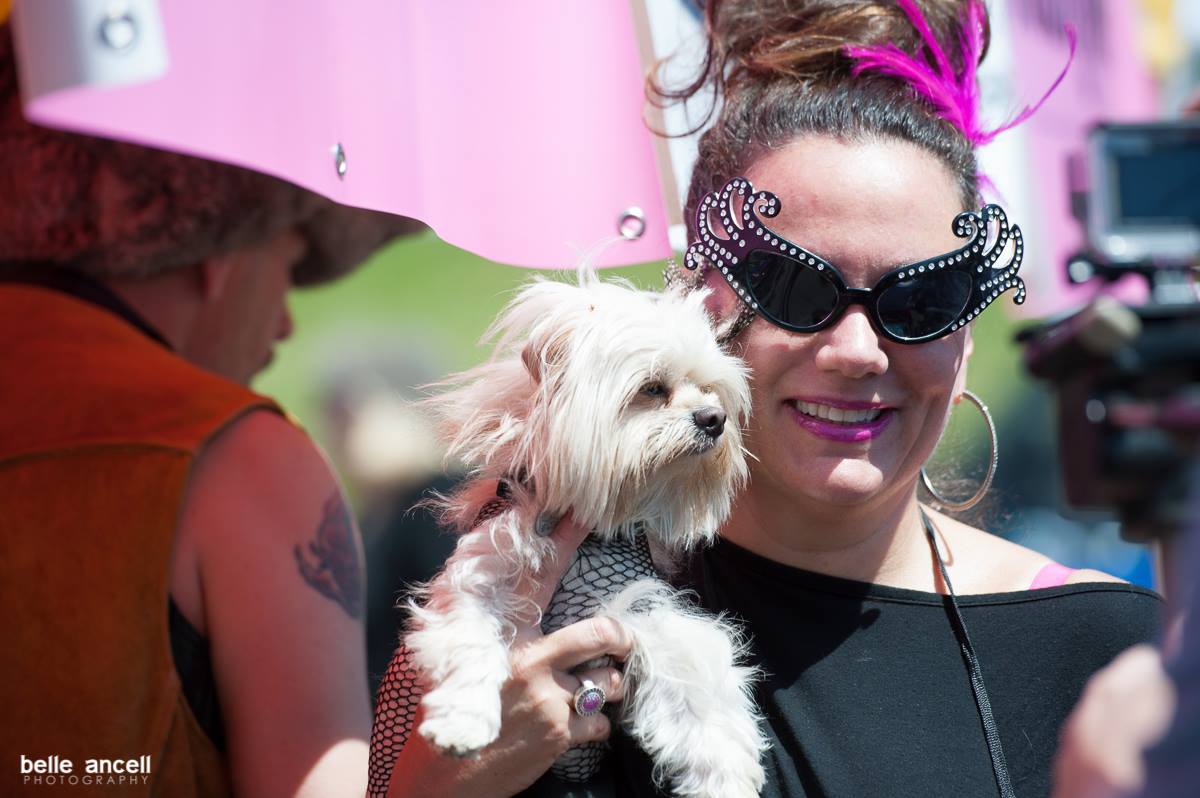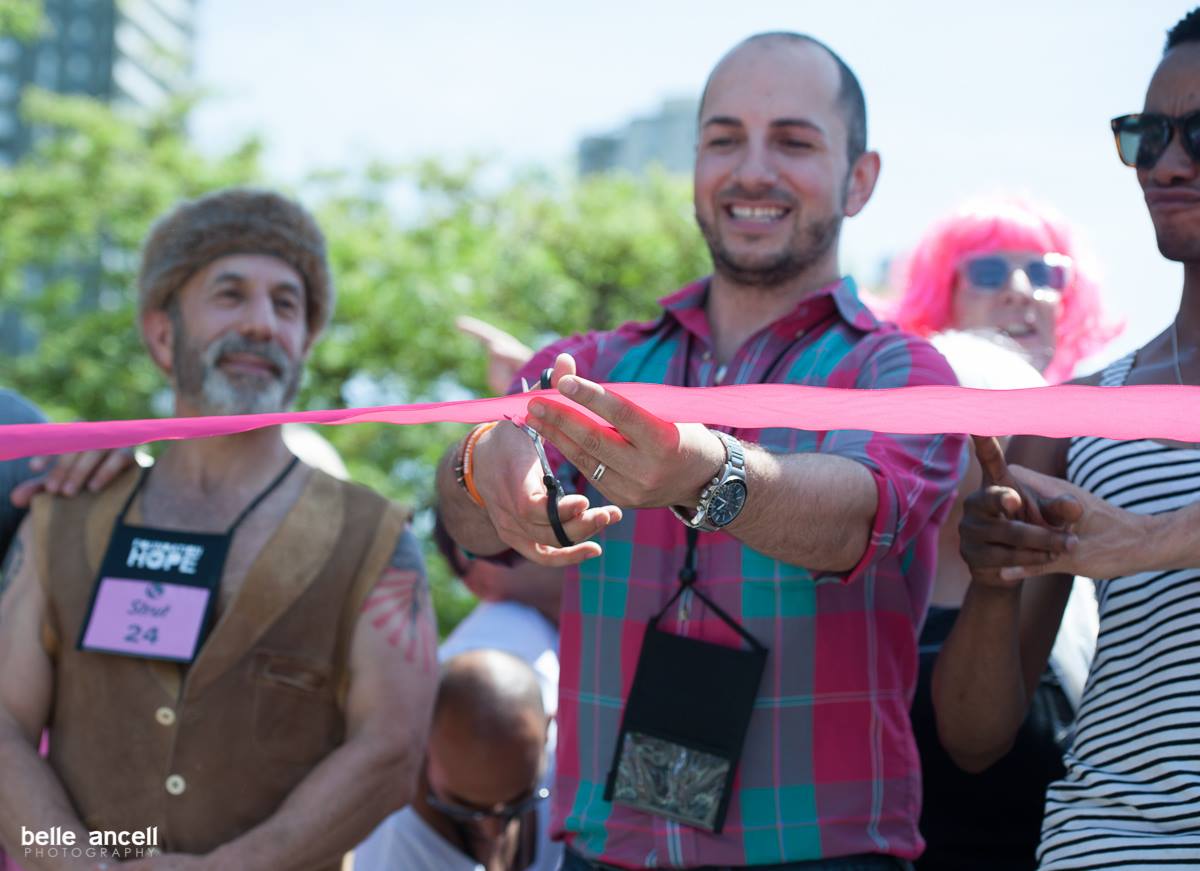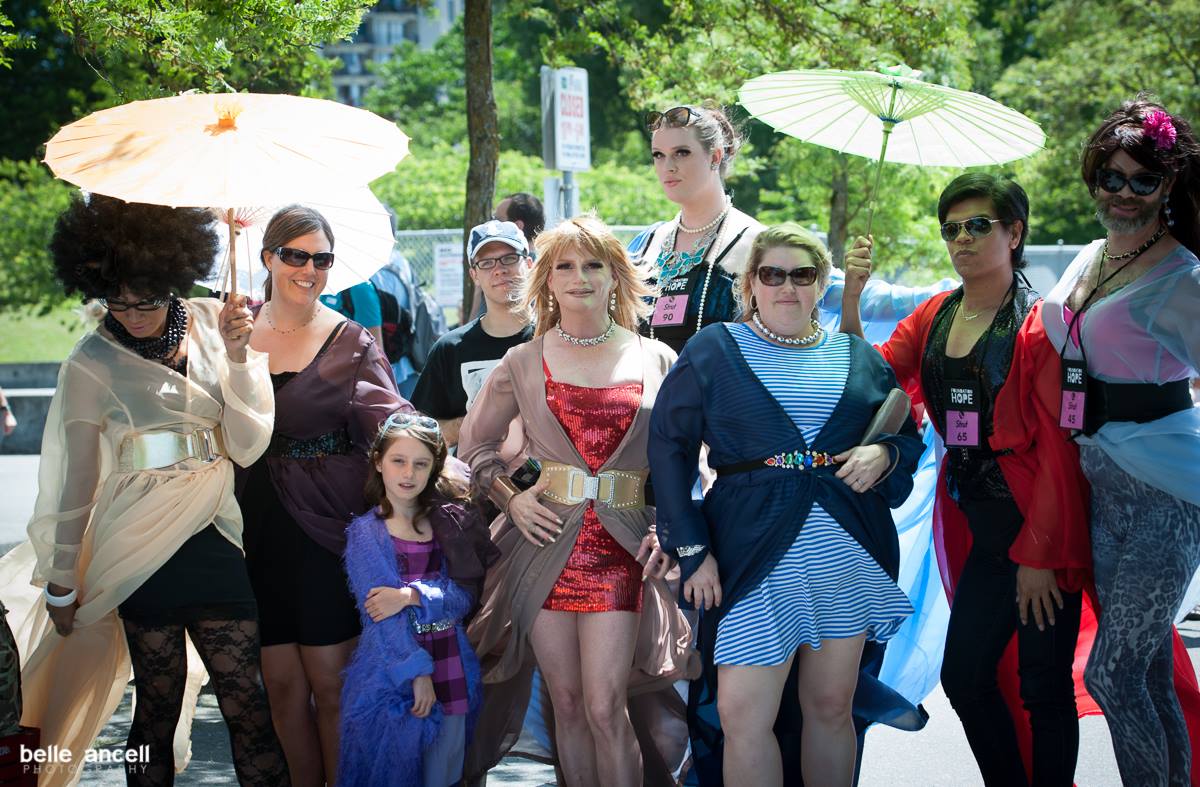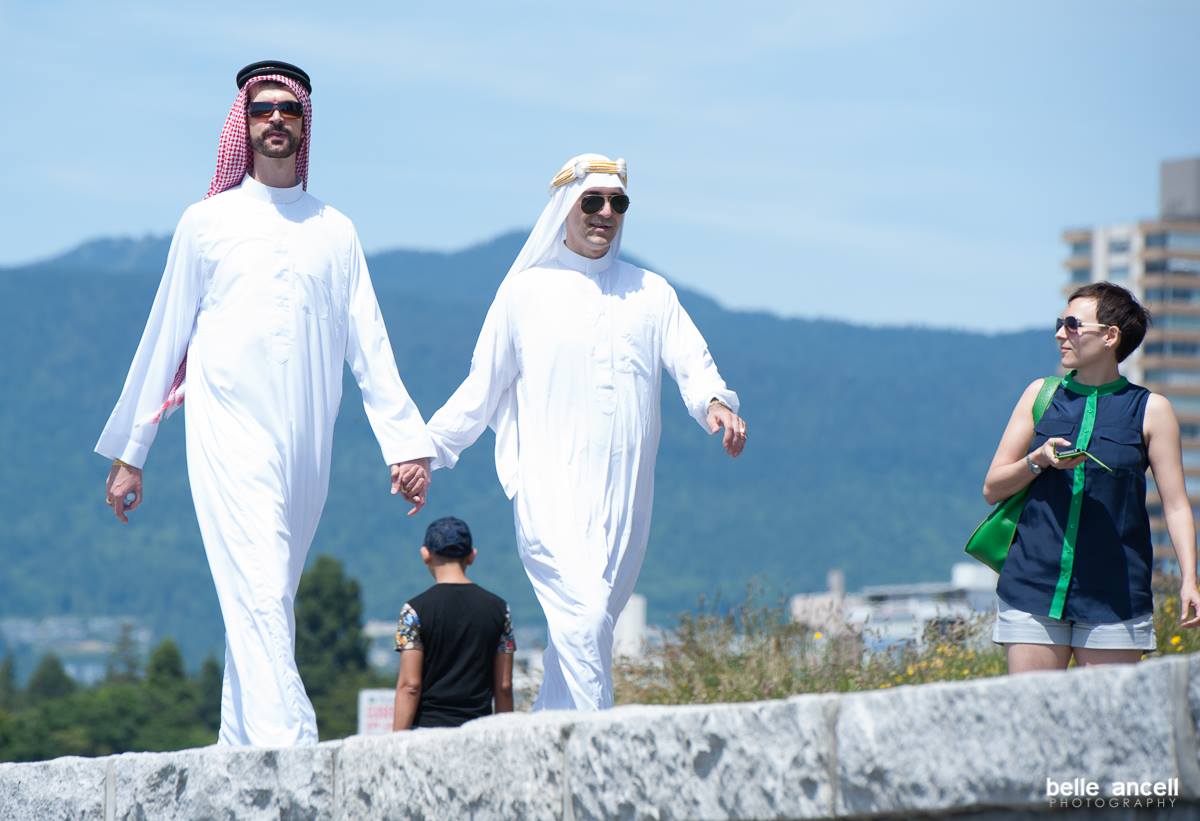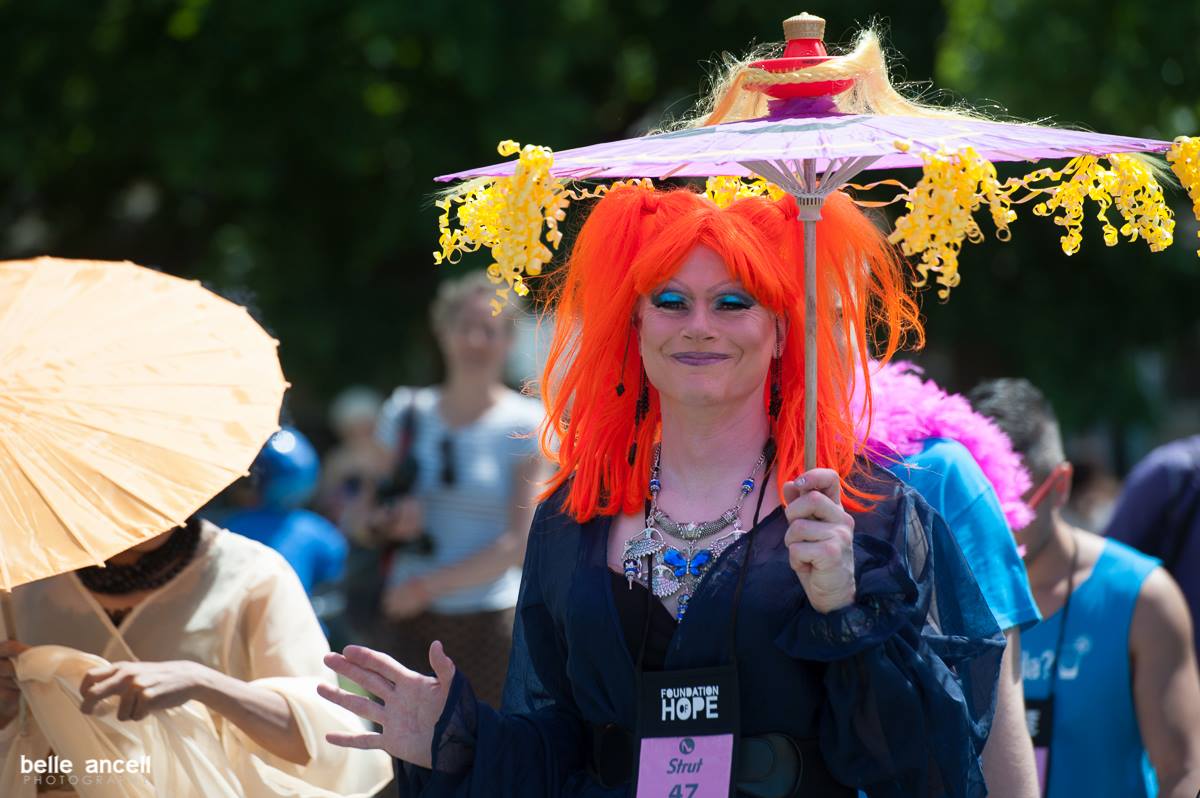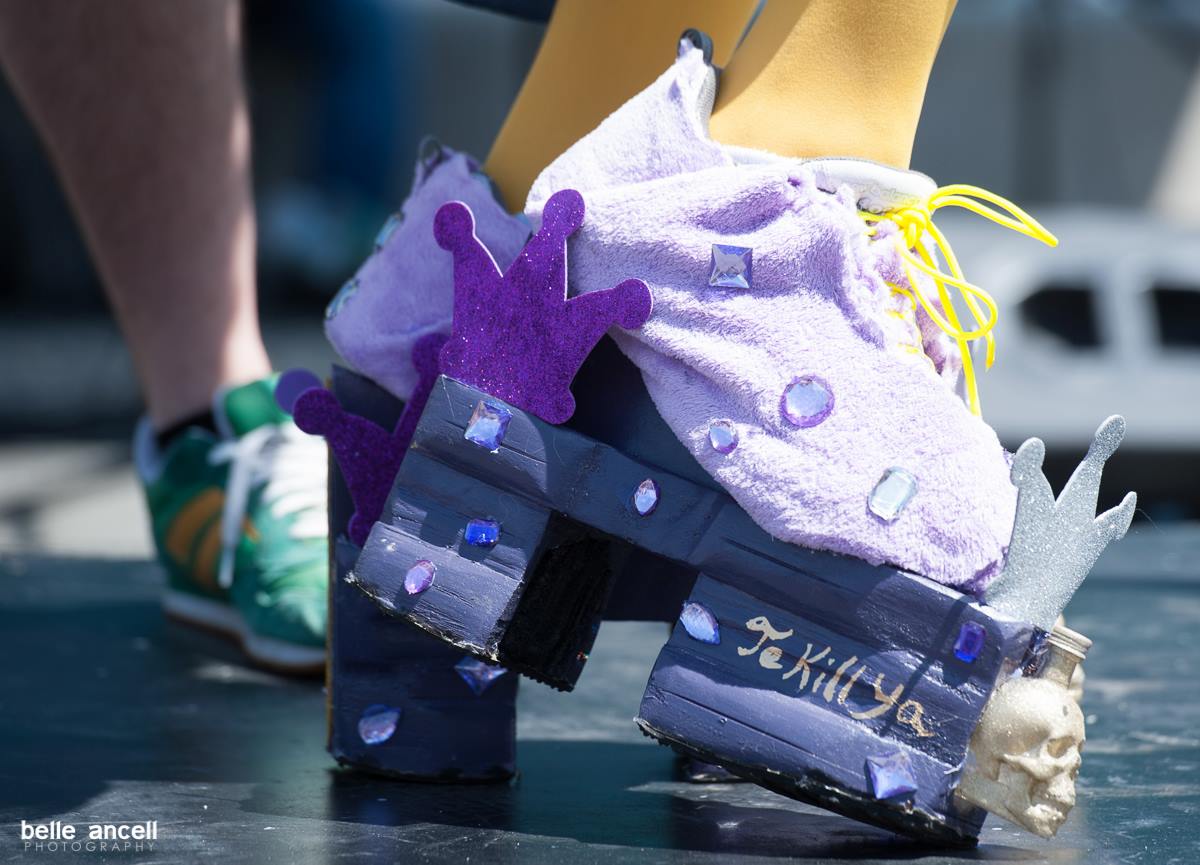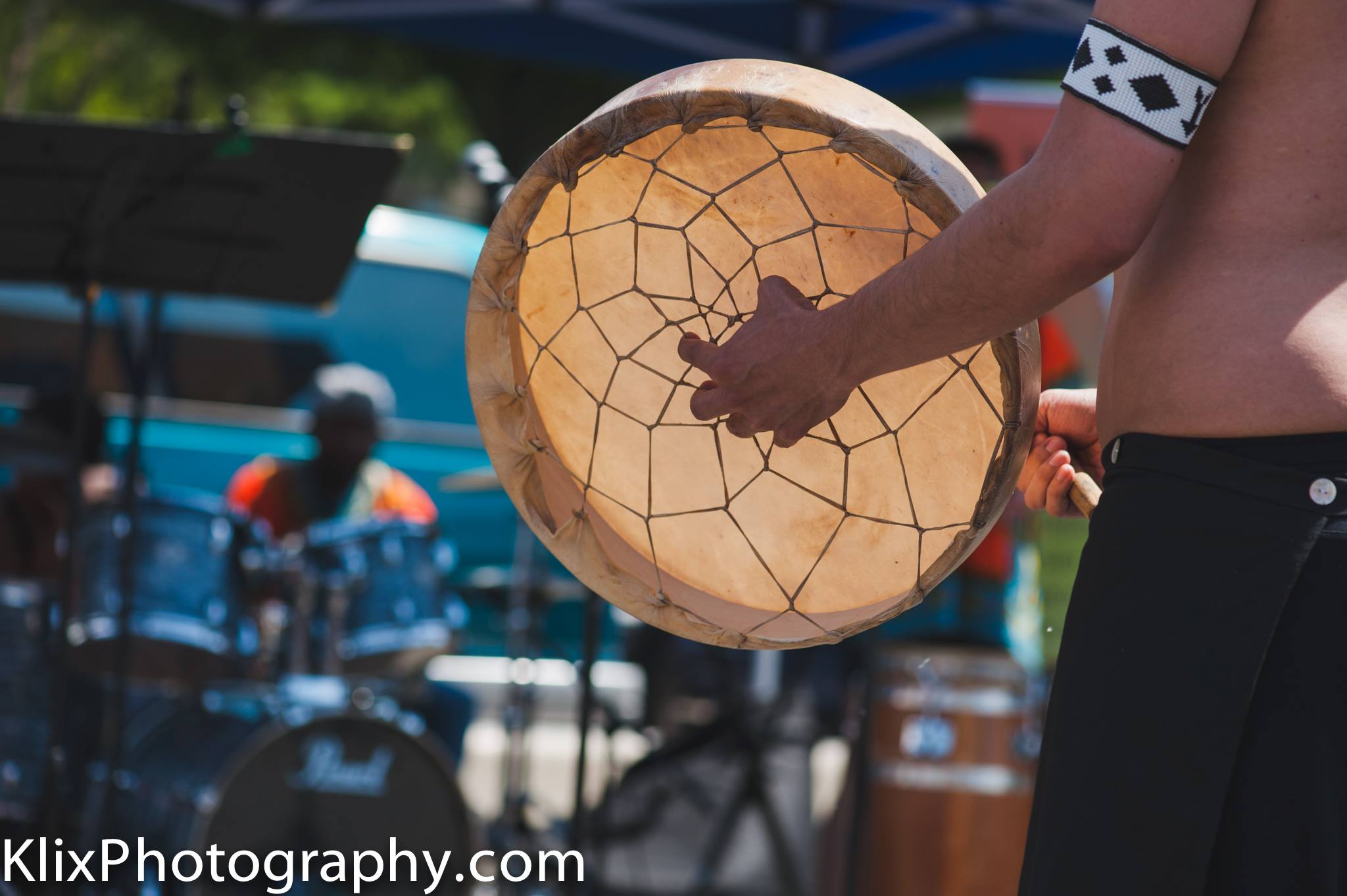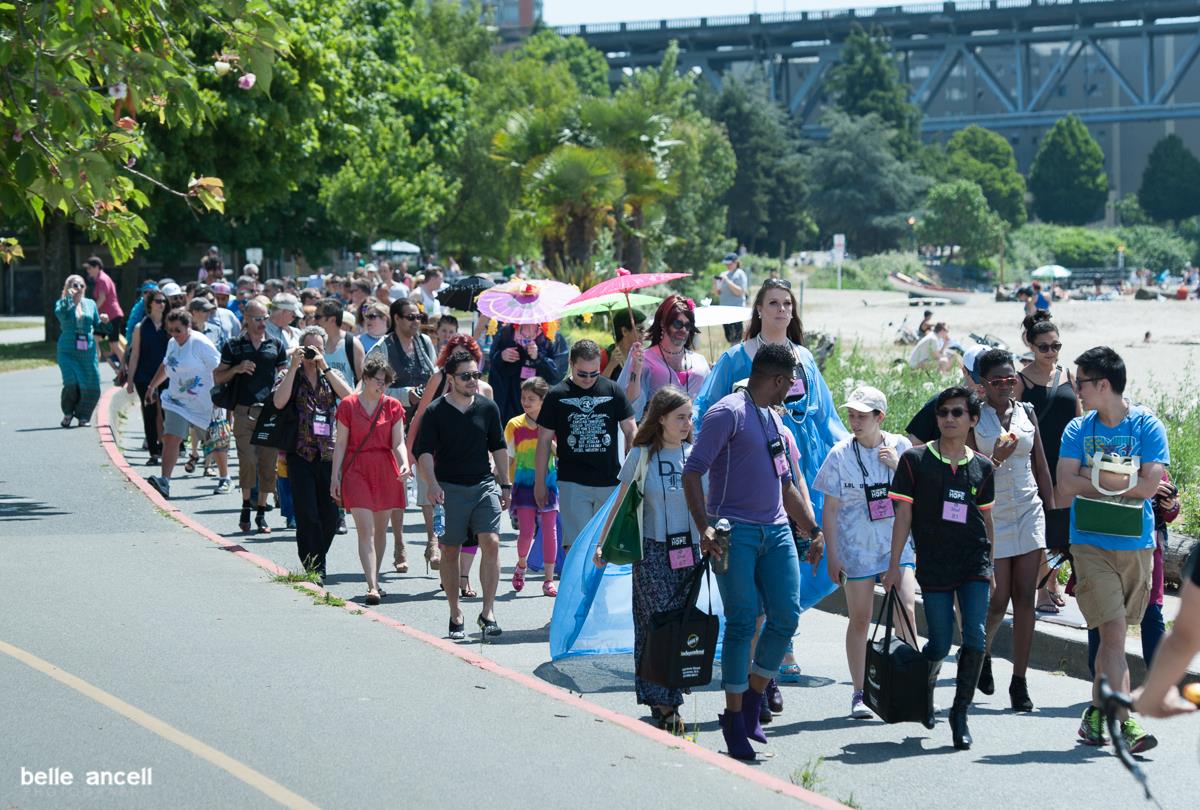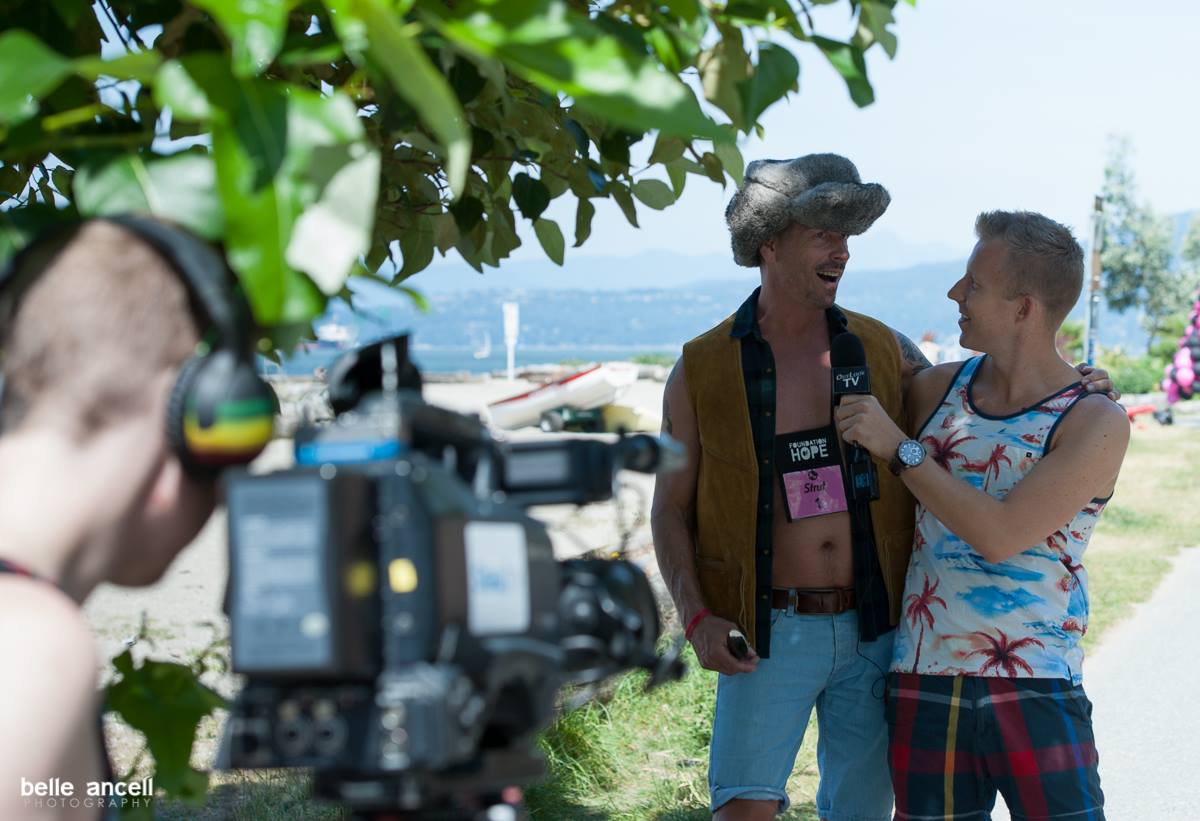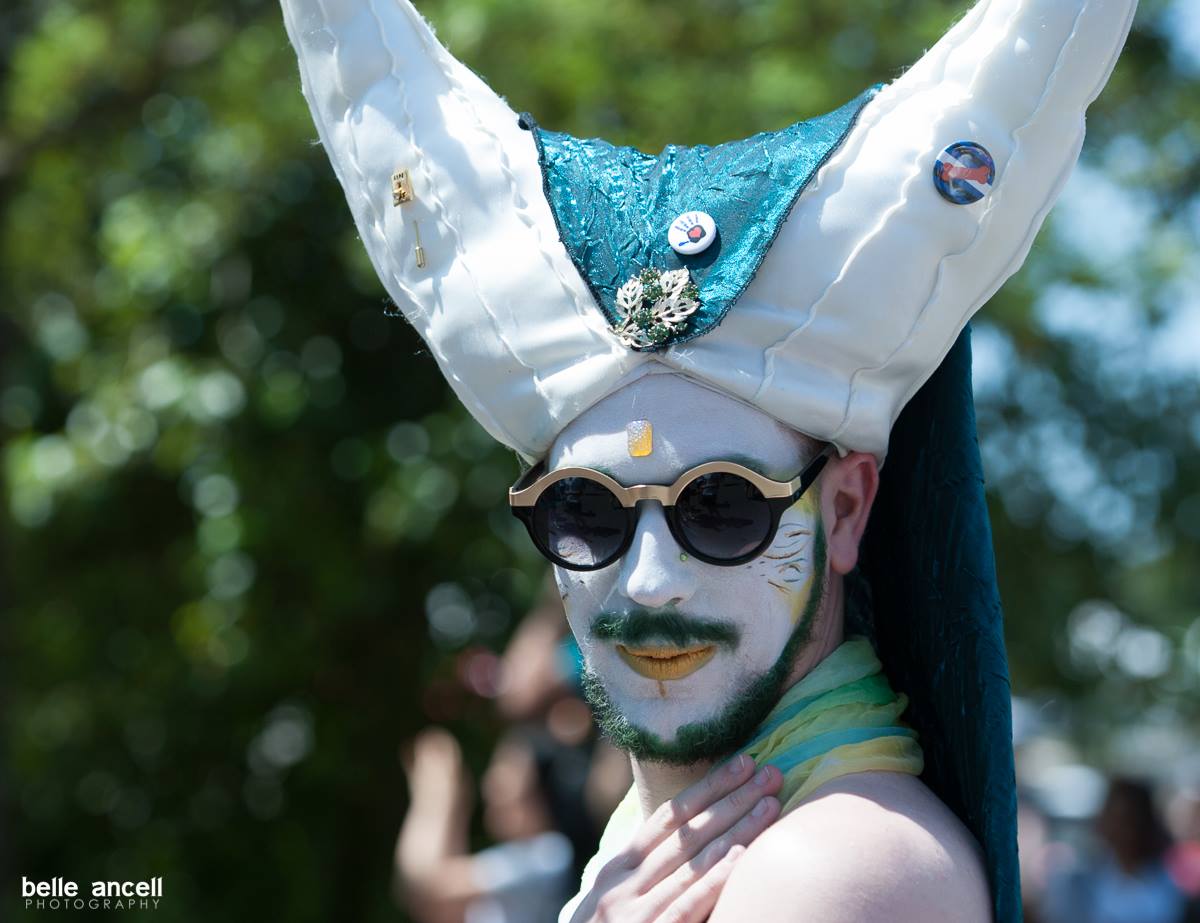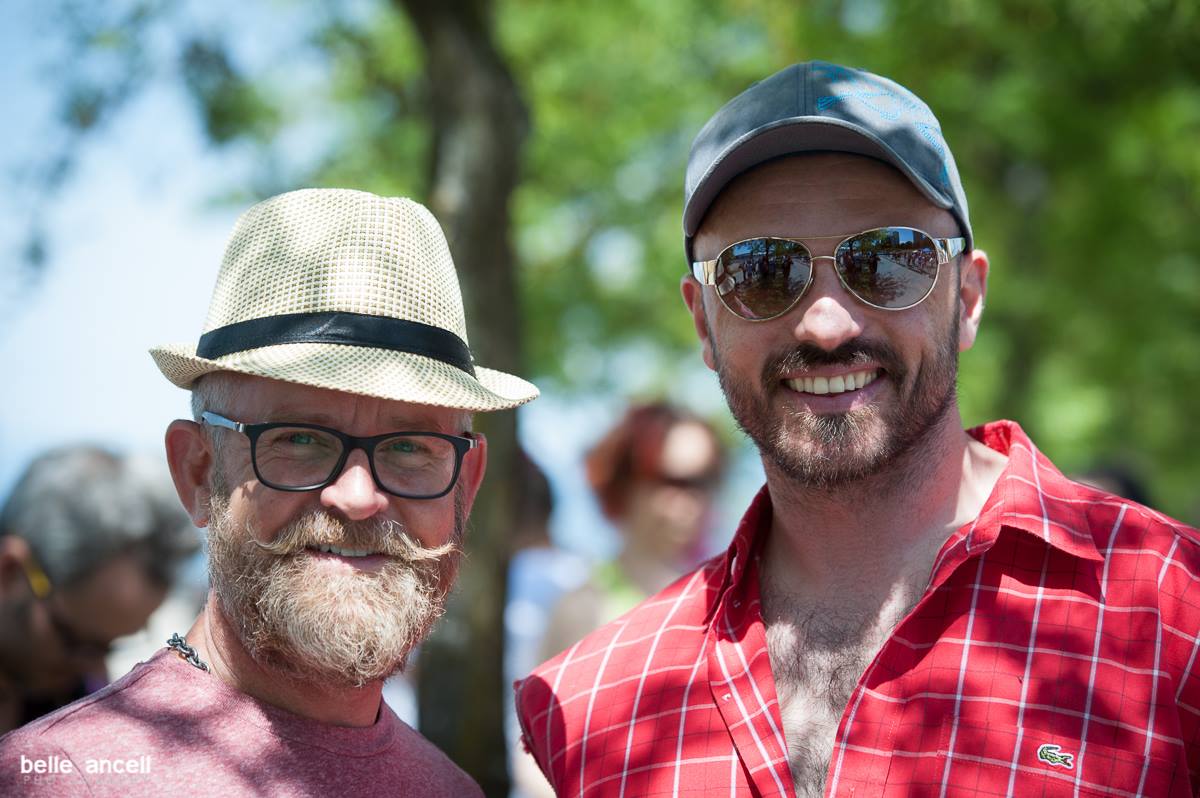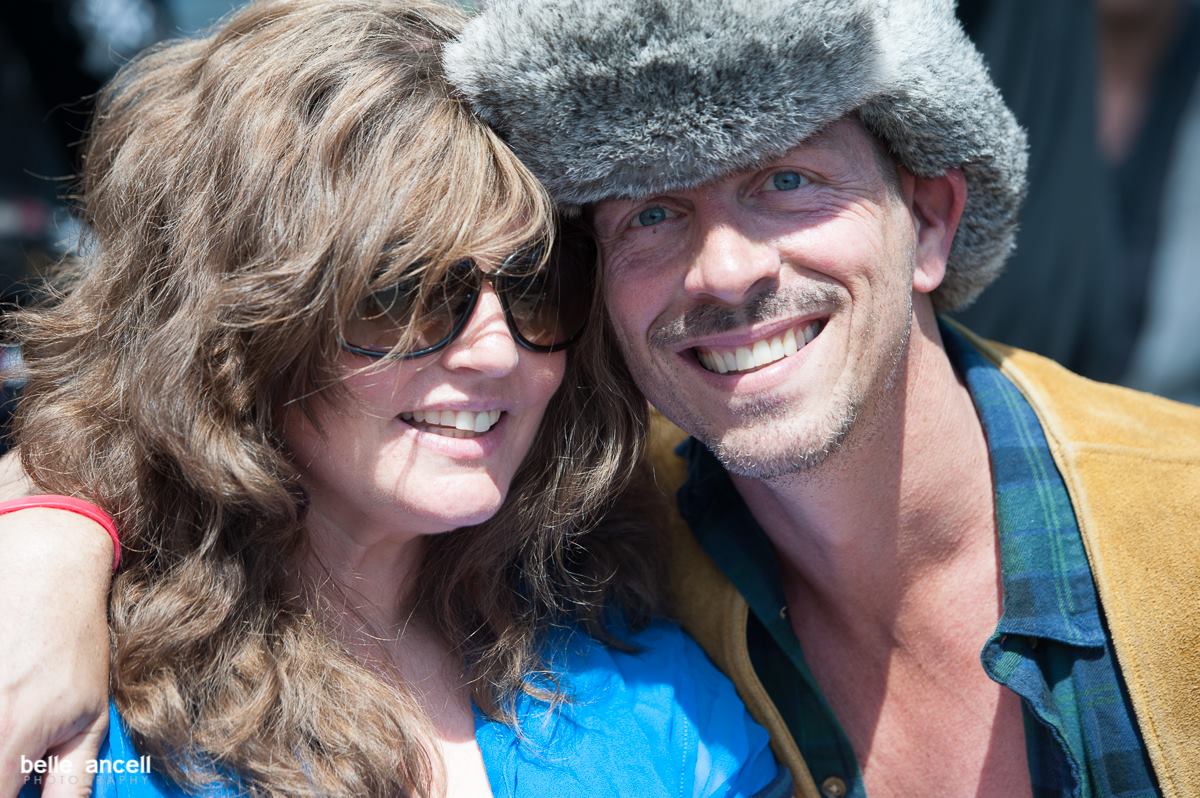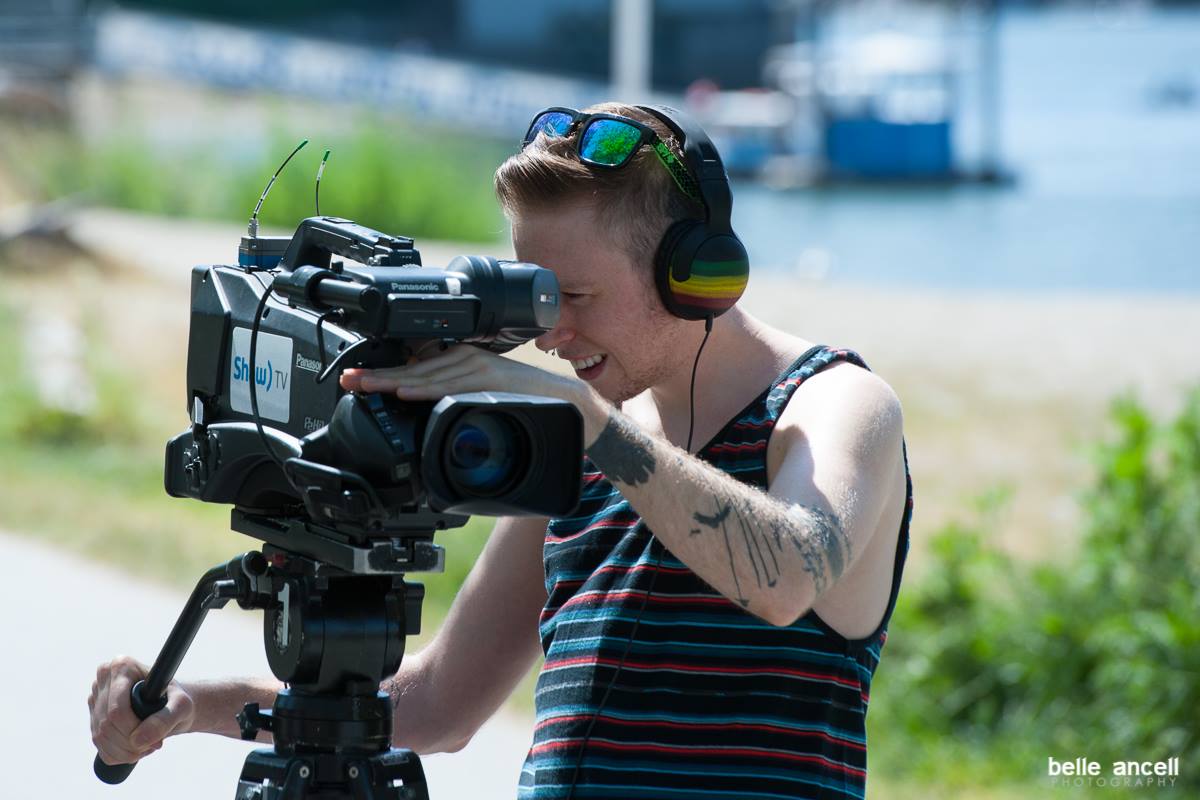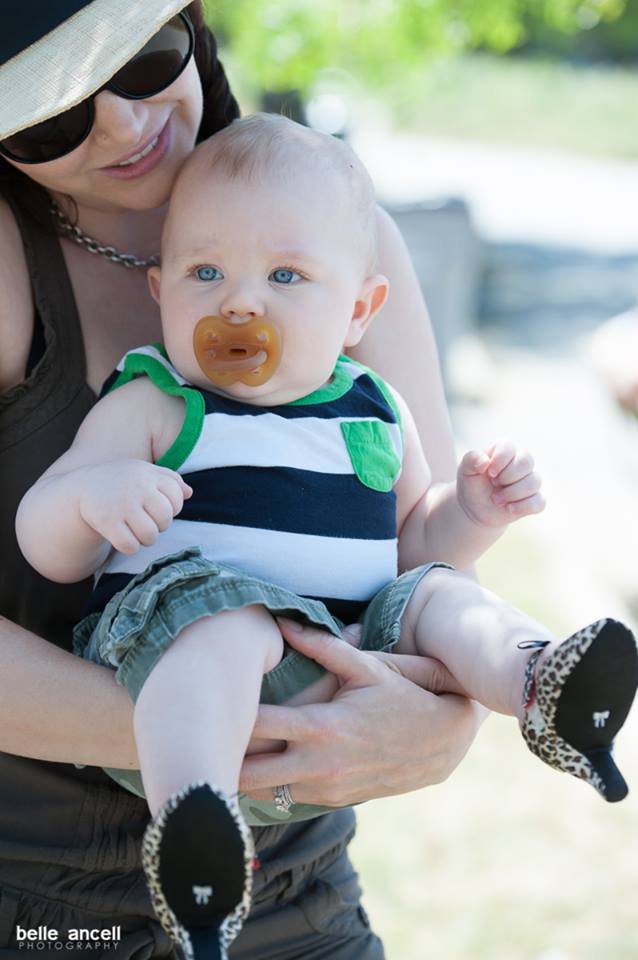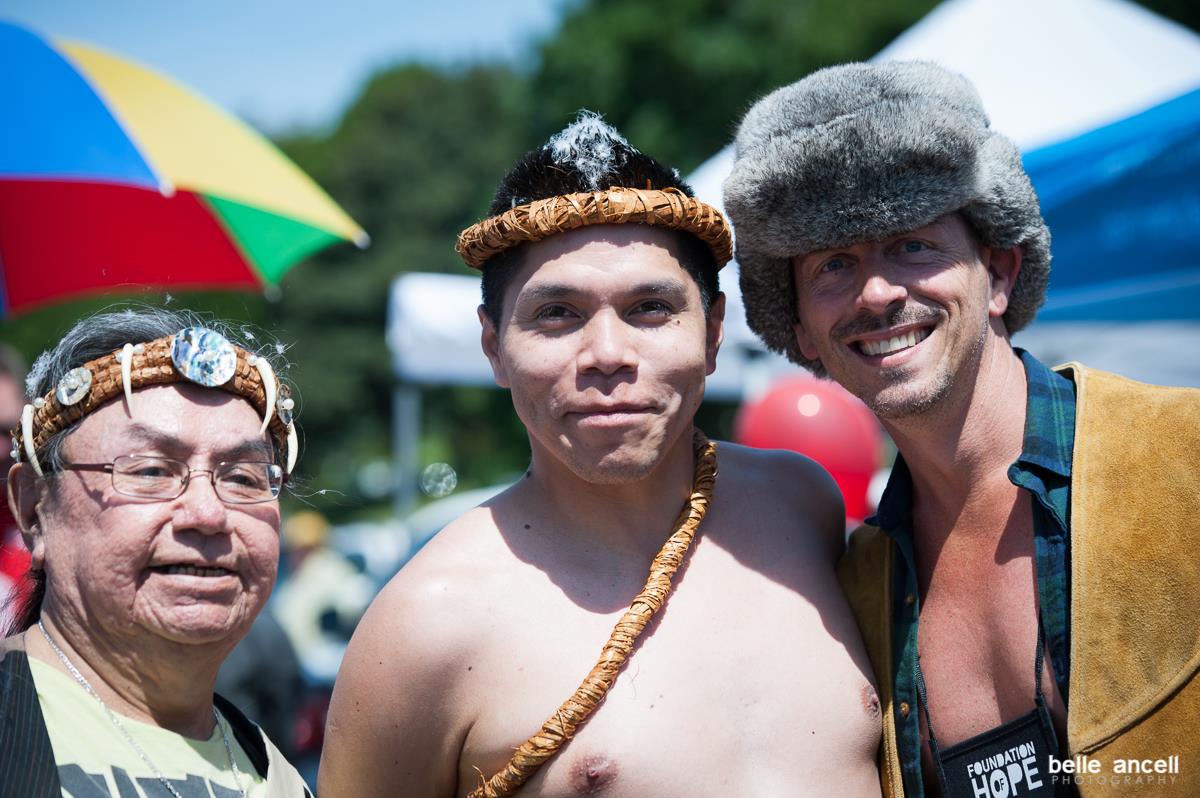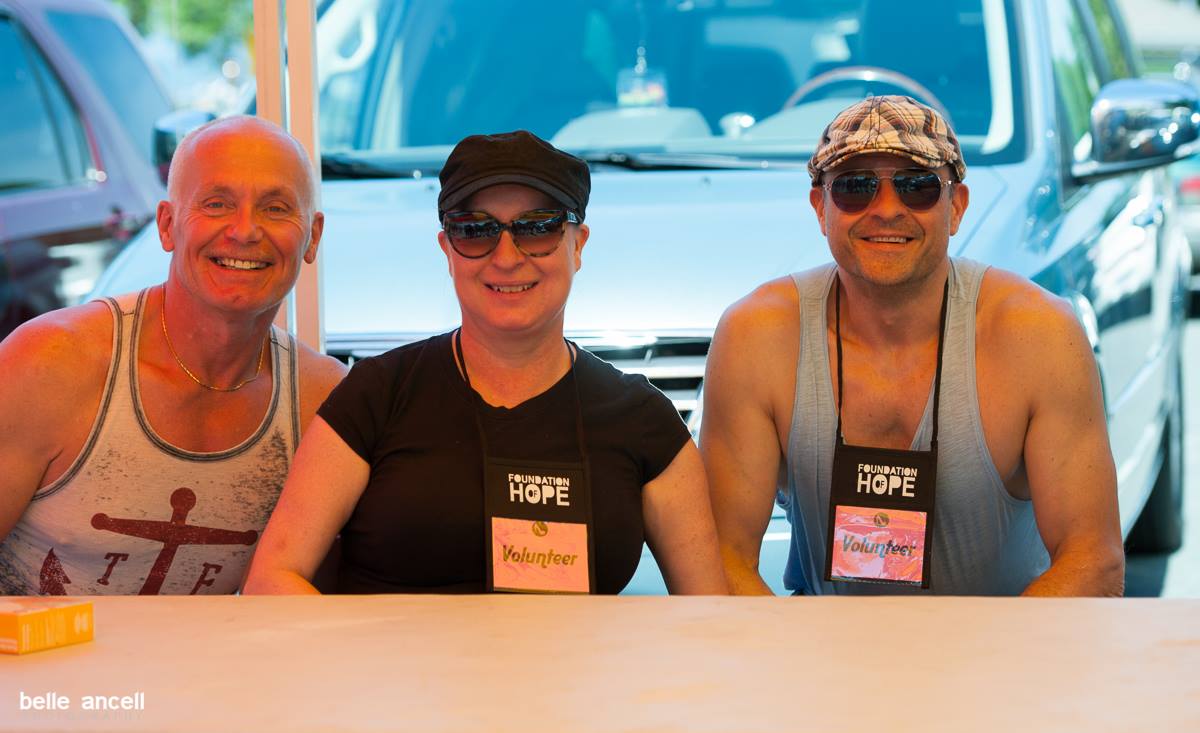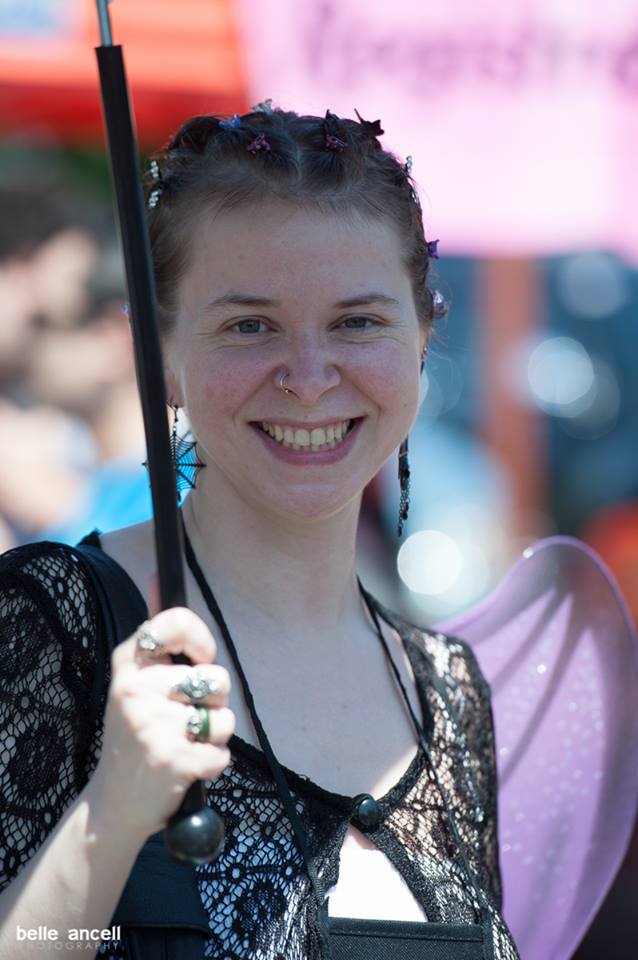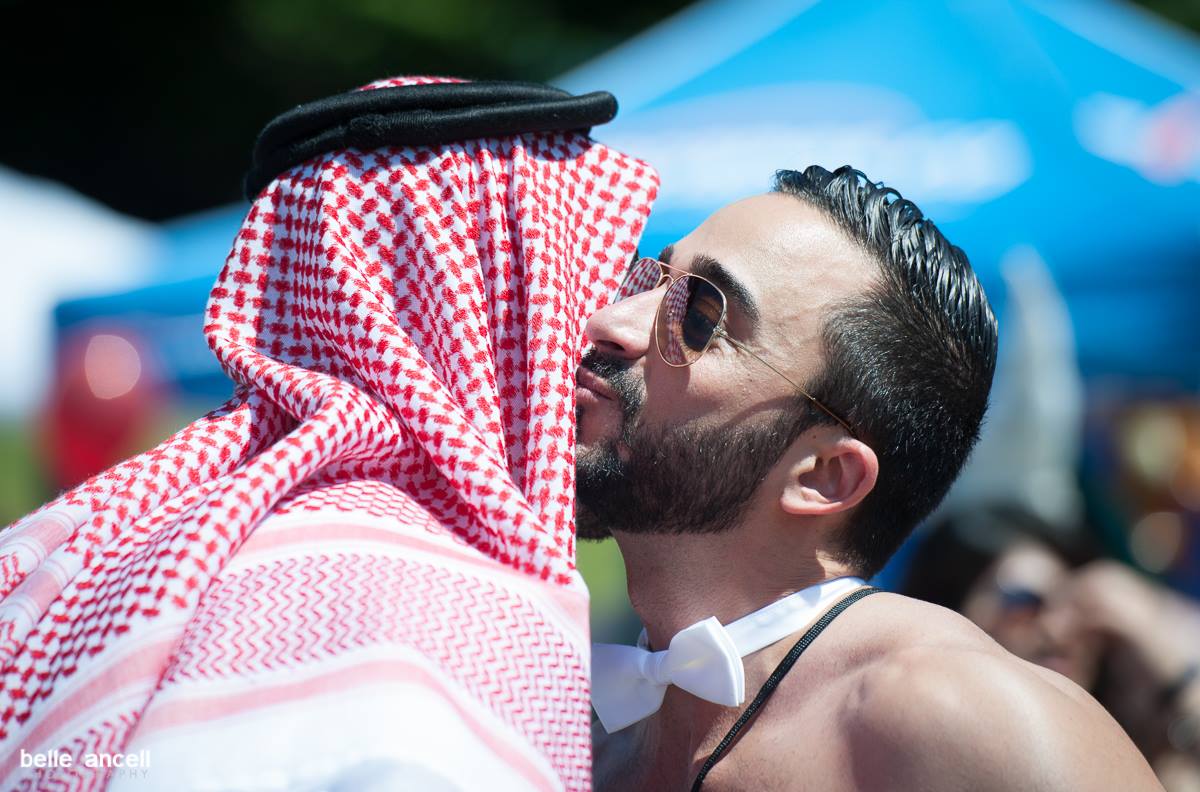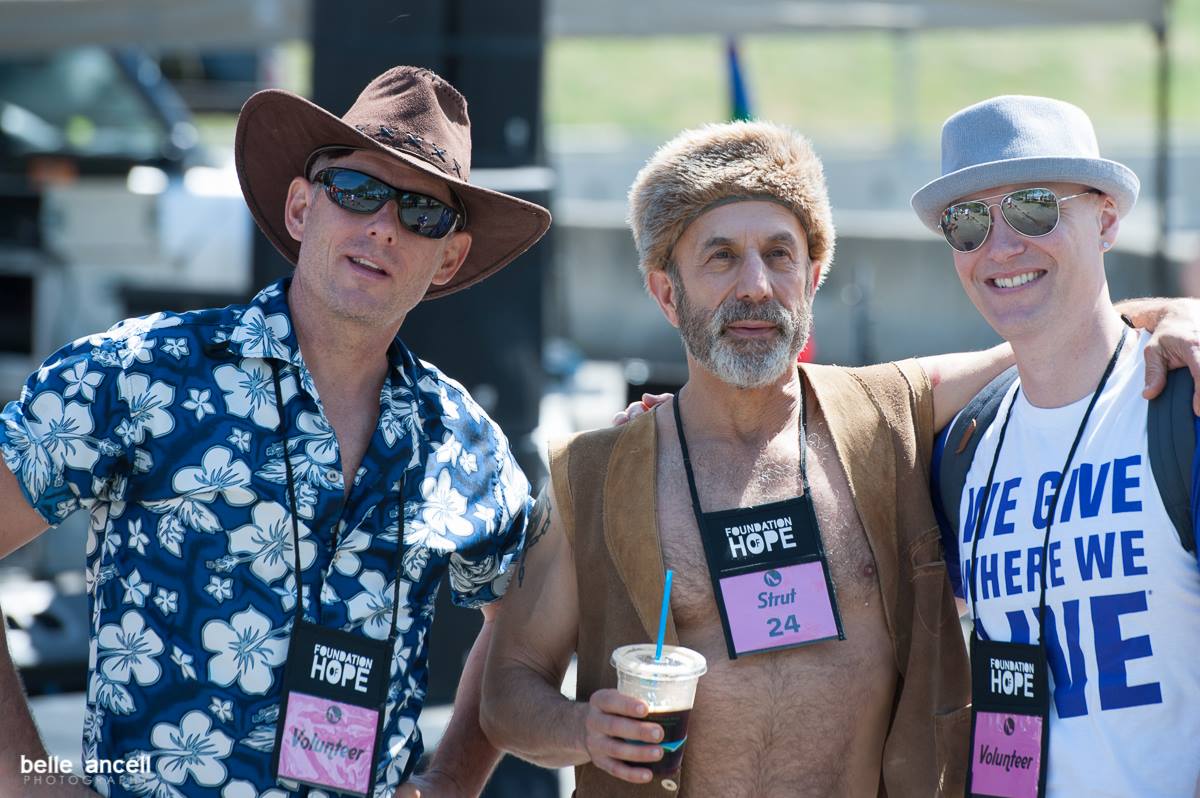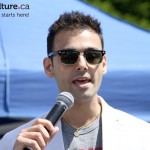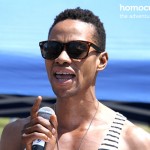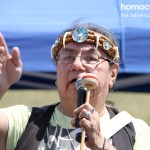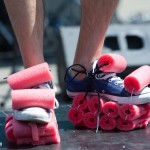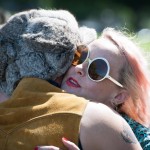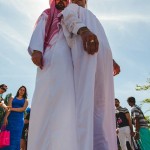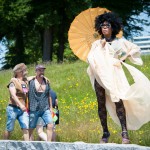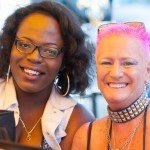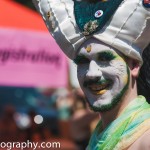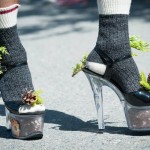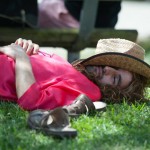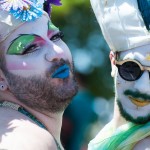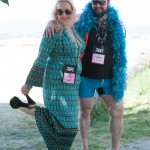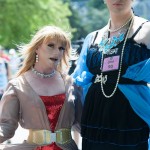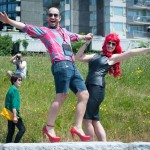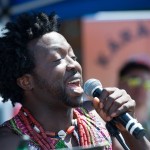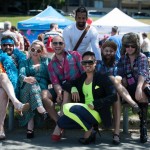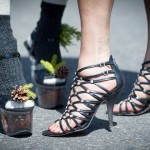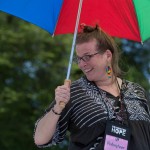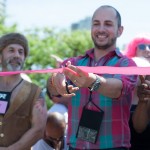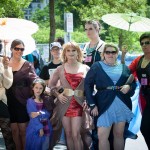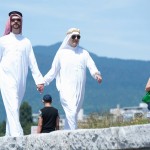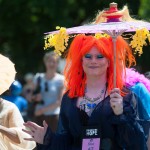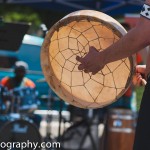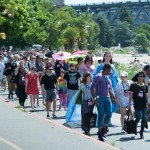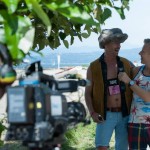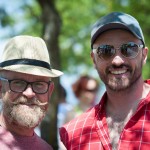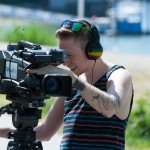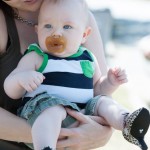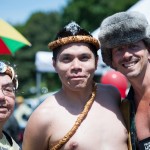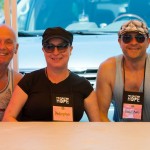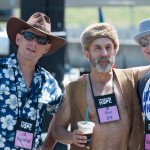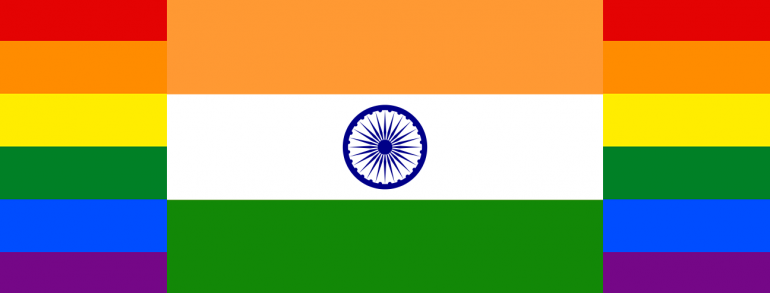Last week the disturbing image of 3-year old Syrian boy Aylan Kurdi’s drowned body trended the globe, leading Vancouver Mayor Gregor Robertson to hold a town hall meeting to discuss the situation and share information. The event led to a huge outpouring from the community as City Hall flooded with concerned citizens.
Robertson acknowledged steps already underway by the City of Vancouver, including the construction of a 136-bed Welcome House. The facility is currently under construction and will be run by Immigrant Services Society (ISS) of B.C., a local non-profit that assists newcomers with resettlement needs. He also highlighted the work undertaken to establish Vancouver as a Sanctuary City. Sanctuary City is a movement to provide newly settled migrants with access to services without fear, which the mayor claimed to be an important piece the City has been working on along with a number of cities around the world.
In a rare show of advocacy, the mayor called on the federal government to bring in 20,000 refugees by 2020, which would double the number of Syrians the Government of Canada has promised to accept in the coming term, should it be re-elected.
Chris Friesen, Director for ISS B.C., shared some statistics on the situation and Canada’s role to date.
“There is no cap on privately sponsored Syrian individuals in Canada.” Friesen noted that Canada is the only country that provides interest-bearing transportation loans from $15 M allotted annually, 91% of which are repaid by the resettled migrants.”
B.C.’s resettlement target is for 800 refugees per year and Canada has committed to bringing in 10,000 over three years, both as government assisted and private sponsorships. Still, Friesen explained that this number is far lower than what the United Nations High Commission for Refugees (UNHCR) requested, further elaborating that the largest number of resettlement needs actually comes from Africa, not the Middle East.
Eyob Naizghi was a key speaker who shared his migration experience when he came to Canada 35 years ago from Africa. As a UBC-sponsored refugee through the World University Service of Canada, Naizghi has since become Executive Director at MOSAIC, an immigrant and refugee services organization.
Naizghi noted that the refugee crisis is much more than a Syrian crisis. Aylan Kurdi’s image inspired so many people, but while leading western democracies like Sweden and Germany are opening up doors to refugees, other countries are not. Meanwhile, little to no effort has been undertaken in other parts of the Middle East by wealthy oil-rich Arab states.
“History will judge our actions. There are 4.1-5 M Syrian refugees and displaced persons, but there are 60 M worldwide.”
As a refugee, Naizghi recounted walking with others for four weeks, including extended periods without water, but with the common desire to escape. He recounted living in a refugee camp for two months outside of Sudan, which was highly dependent on humanitarian aid from the UNHCR.
“We mustn’t confuse the experiences of immigrants and refugees. Refugees don’t make decisions or plan their trips. They are forced to move with very little resources and information and with little to no preparation; often with nothing on their backs. Imagine the amount of isolation and the build up of trauma.”
As Naizghi put it, many in the North have become desensitized, but a strong level of resilience can be seen in refugees. Historically, Canada has demonstrated compassion. He particularly noted Canada’s responses to crises including the Vietnamese boat people and Kosovo refugees.
“We step up to the plate when action is required. Today we have the experience and organizations that are ready to support. We also have a large group of sponsors, whether church groups, ethnospecific groups, or otherwise.” But in human terms, Naizghi feels as though there is currently a lack of political willingness on the ground.
“20,000 compared to 60 M is a drop in the ocean. What we are doing compared to Germany is a drop in the ocean. We need to change the application process time. It is taking too long and this is not acceptable. We have the means to support them and we should be bringing them now.”
The B.C. government has acknowledged it will give $1 M in support of this initiative. On the ground, there are three immediate things you can do:
1) Donate: be creative in your fundraising activities. Consider donations in lieu of gifts for celebratory events;
2) Volunteer: get involved with local organizations that are already doing the work on the grond; and
3) Sponsorship: think about joining a constituency group with organizations like Rainbow Refugee and Rainbow Railroad.


